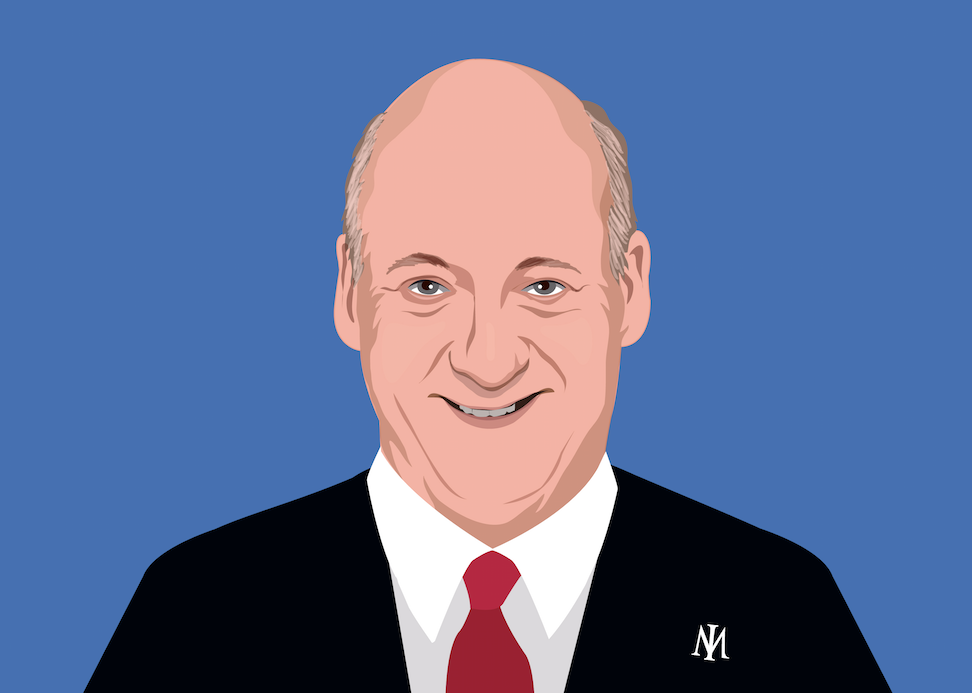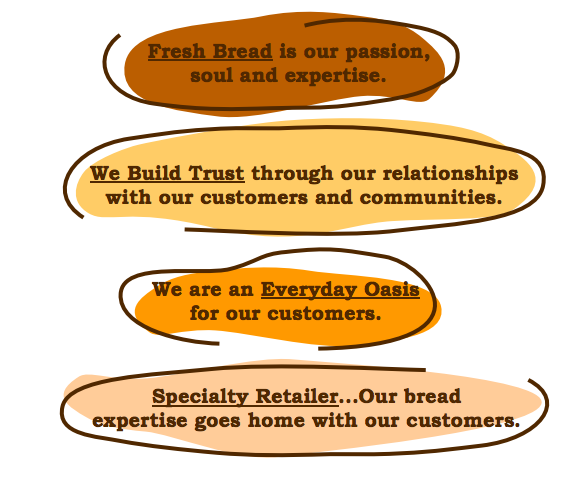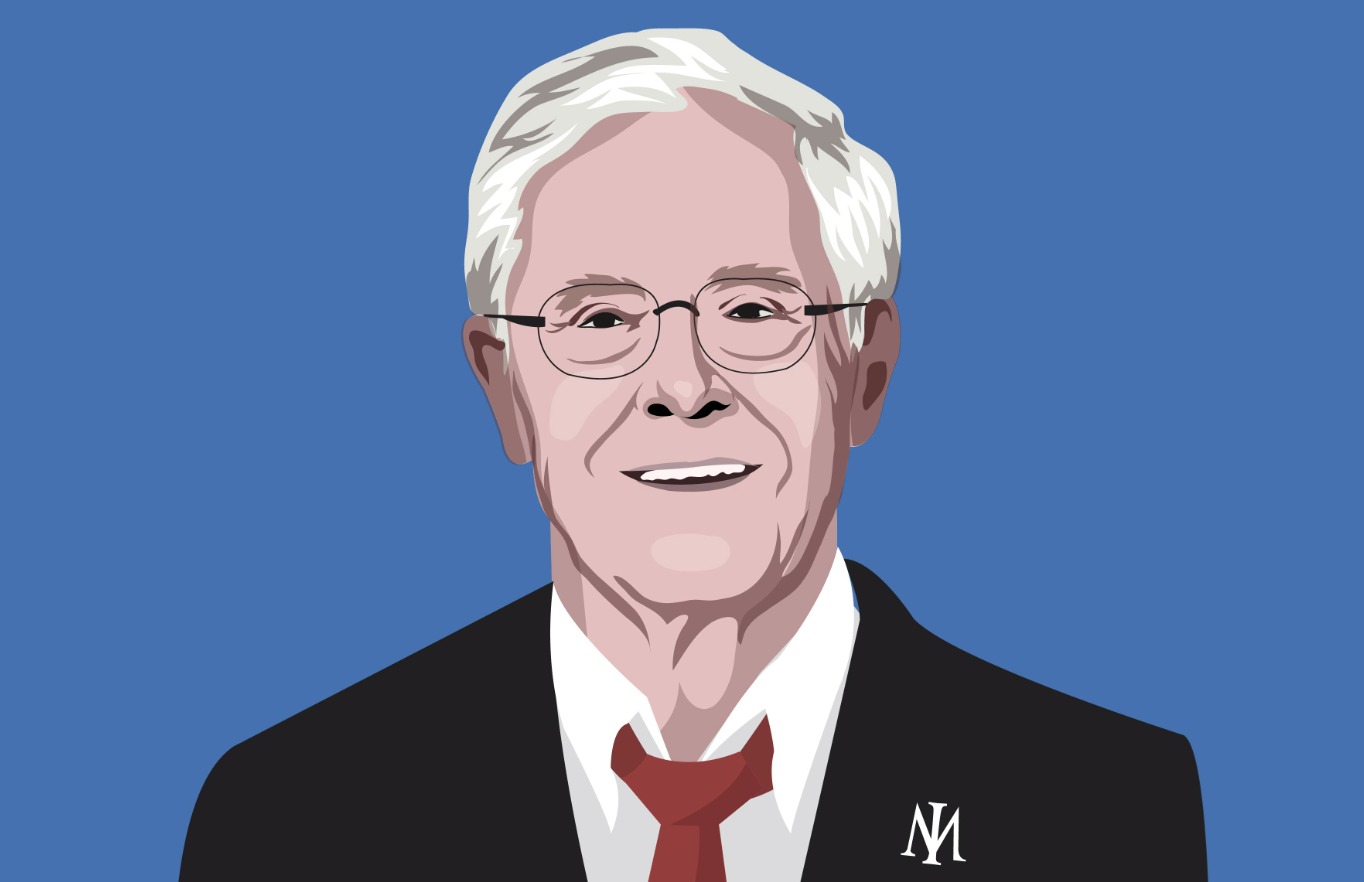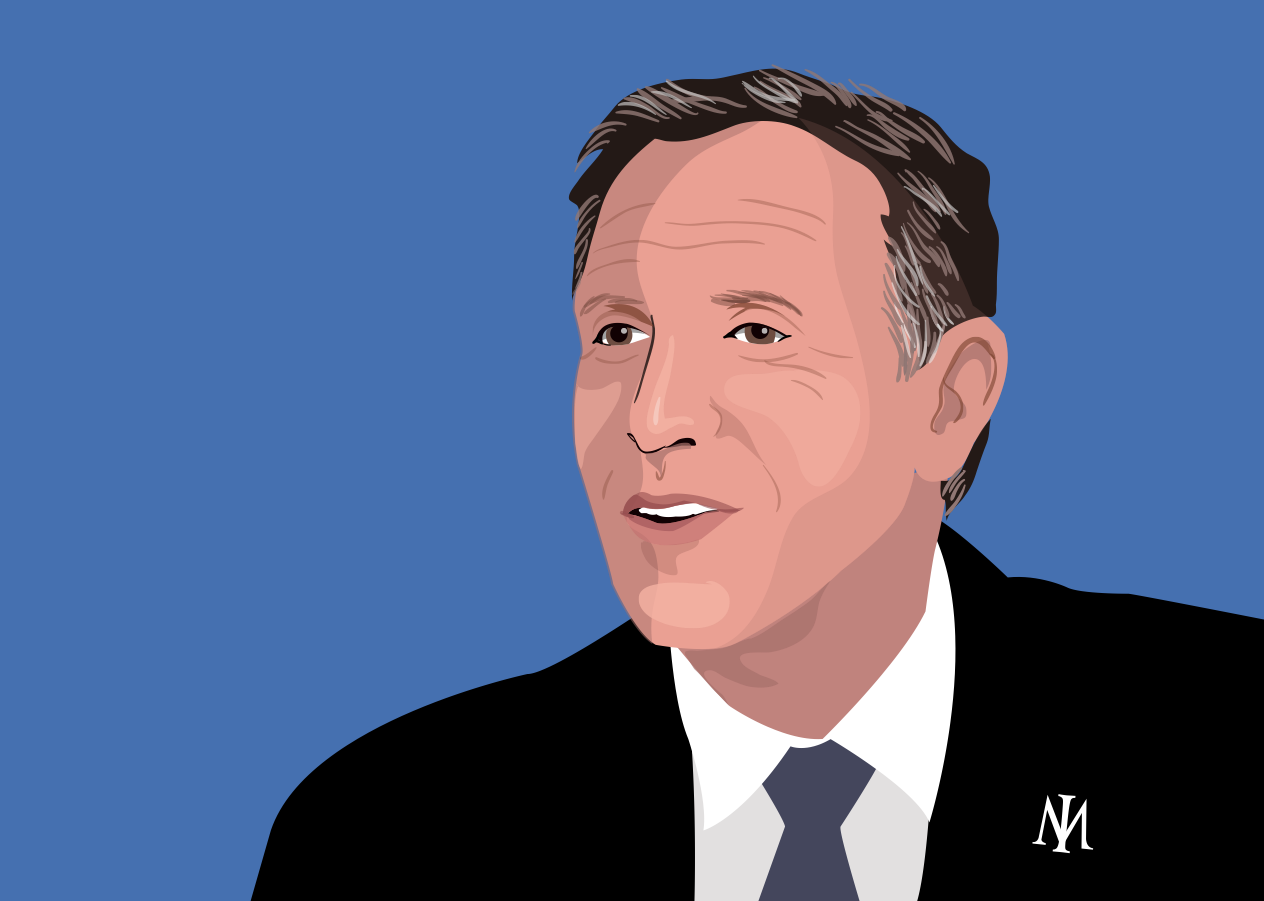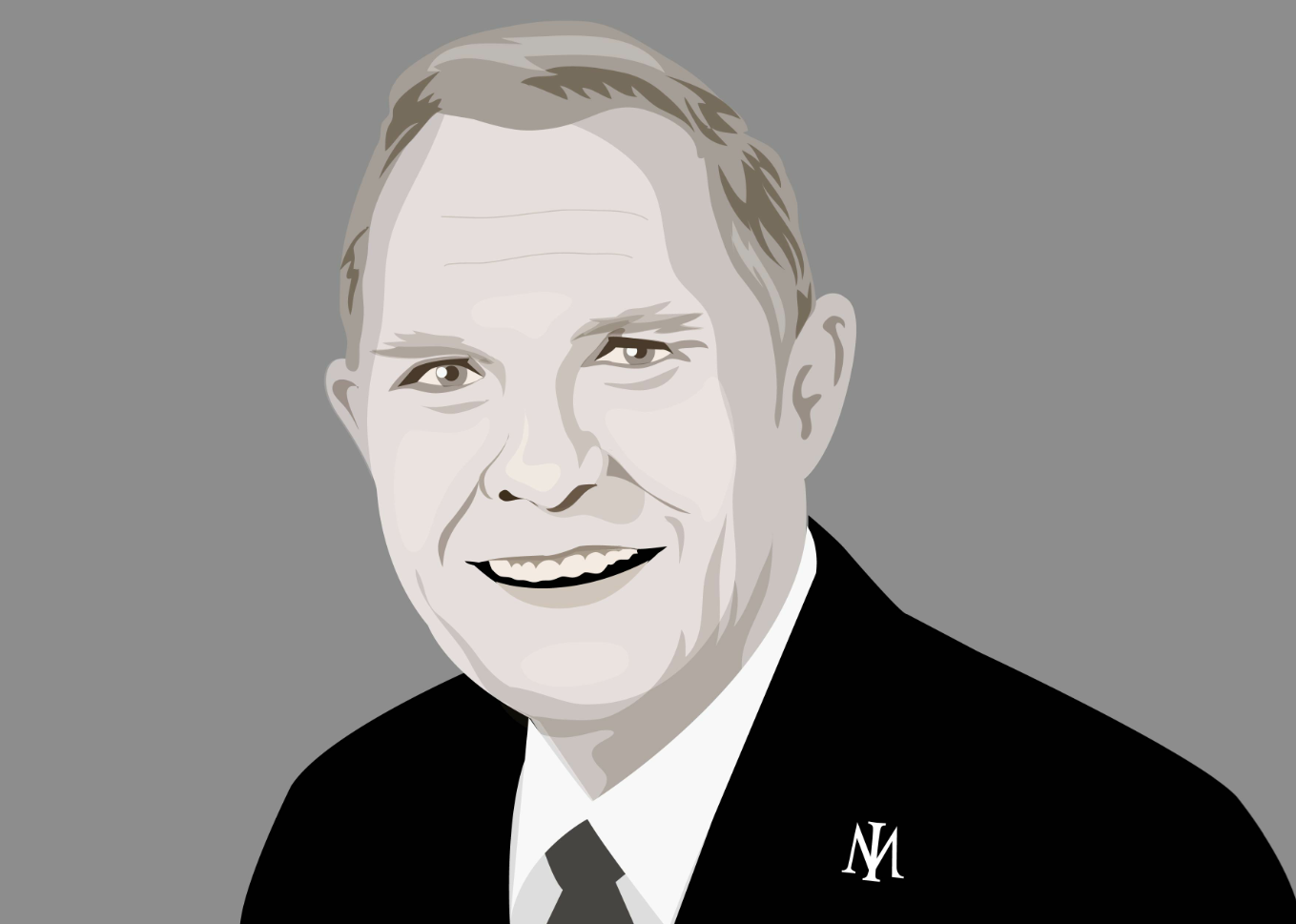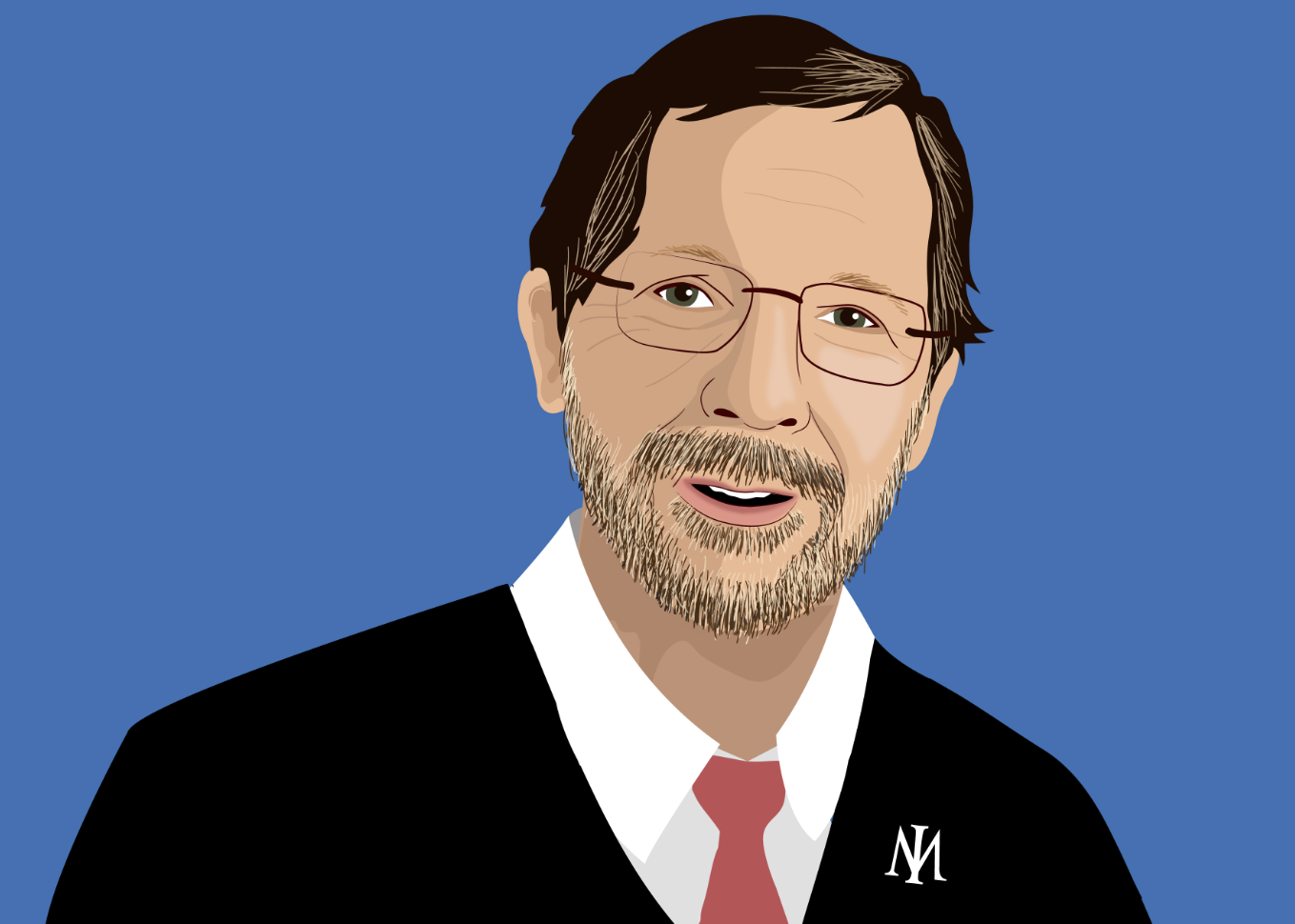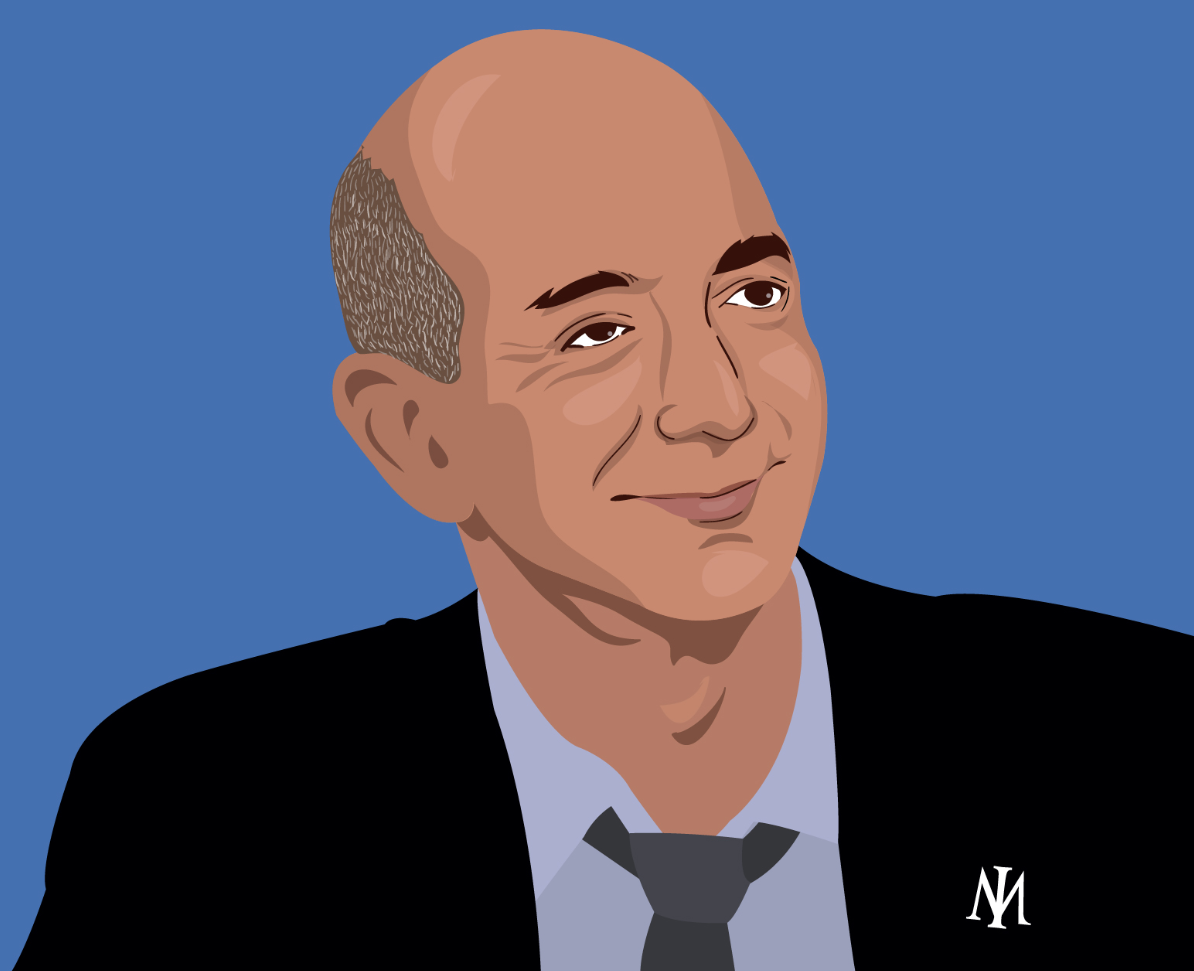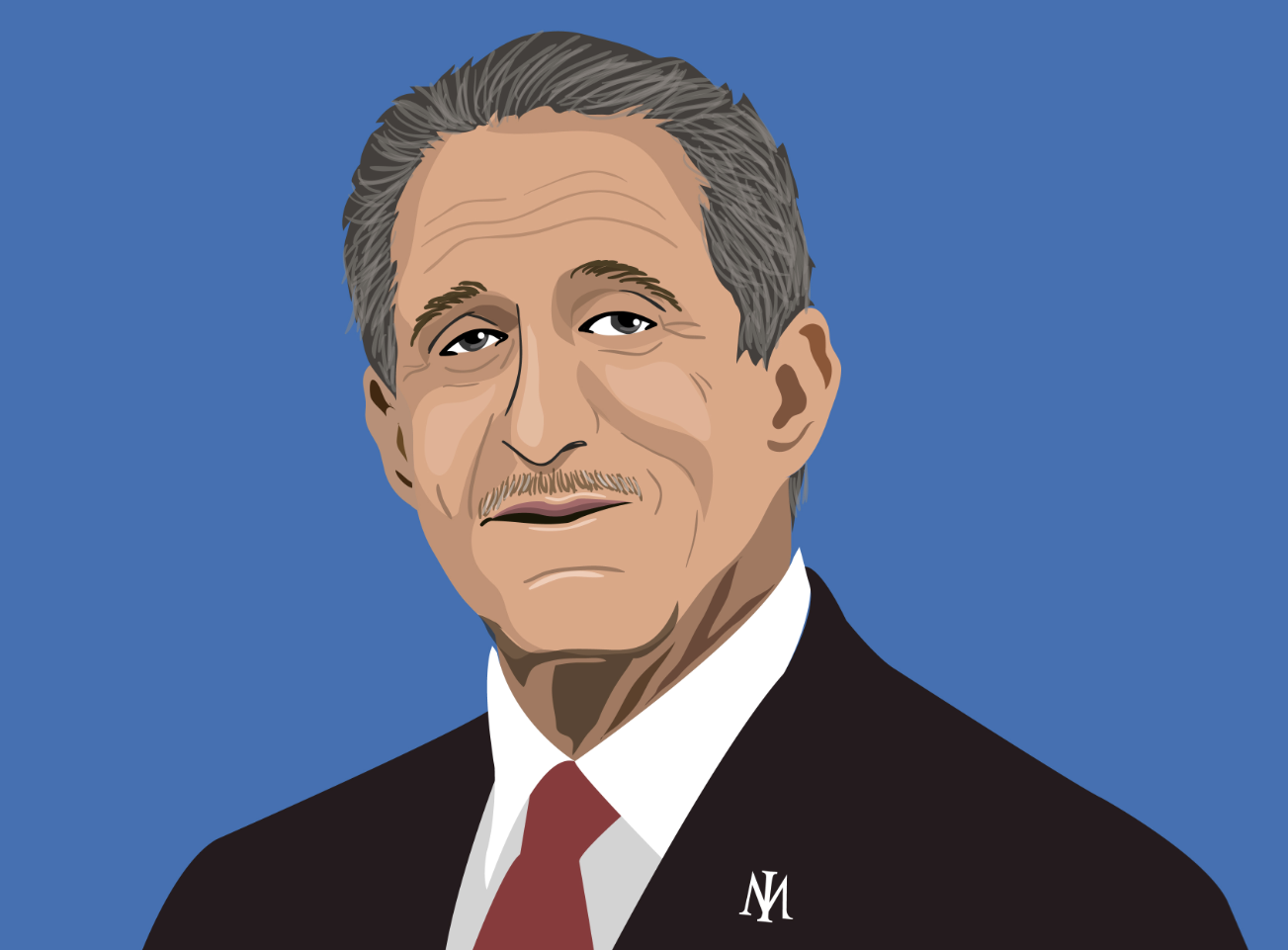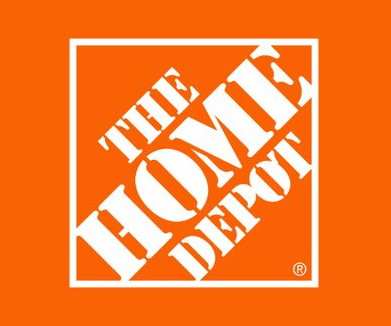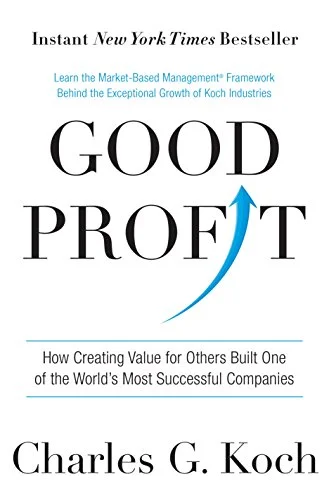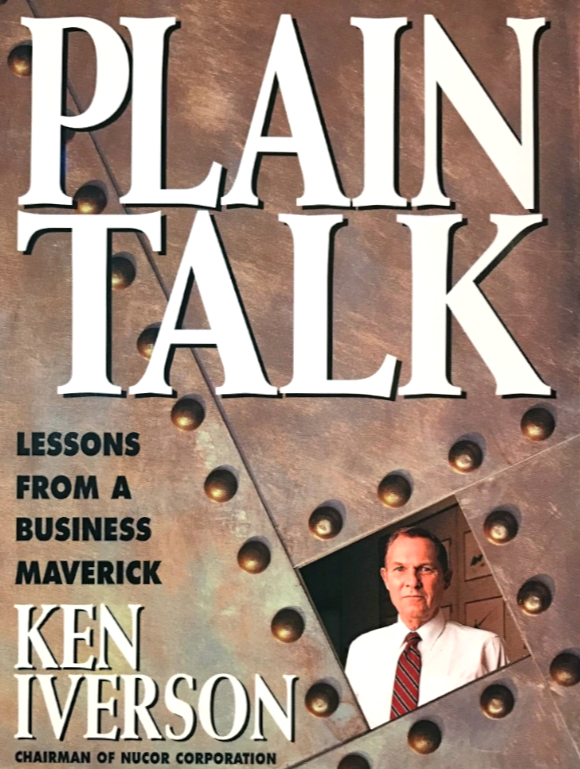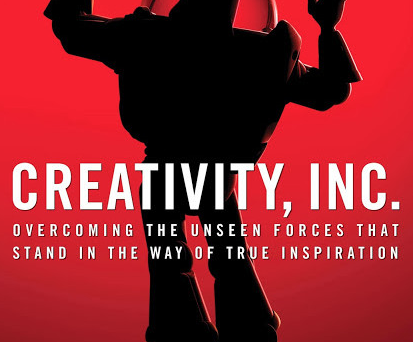At just five years old, Dame Stephanie Shirley’s parents placed her and her eight-year-old sister on a Kindertransport train from Vienna to England in 1939. The Refugee Children’s Movement gave the two girls a foster home and a chance to escape the Nazis, but their family was left shattered. Her father chose not to rejoin them, and her mother, though she came to England after the war, left Stephanie in the care of foster parents for six years. That experience left her with survivor’s guilt, abandonment wounds, and a profound awareness that tomorrow may look nothing like today. Out of this crucible came a resilience and determination that would define the rest of her life.
Years later, Shirley’s resilience was tested again as she raised her only child, a son with severe autism whose care demands were constant and unrelenting. And when the glass ceiling blocked her advancement in a well-paid job, she walked away. With just £6 of capital, a dining room table, and a shared telephone line, she launched a company that would reshape Britain’s nascent computer software industry. In an era when nobody sold software and most companies wouldn’t employ married women, she built an entirely new kind of enterprise.
To get her business taken seriously, Shirley signed her letters, “Steve.” To win talent, she tapped into a forgotten pool of highly trained female mathematicians who had been forced out of conventional firms by rigid, male-dominated structures. She created an organisation built on trust, flexibility, and empowerment — decades ahead of its time. Her company, Freelance Programmers, thrived and eventually listed on the London Stock Exchange, reaching a market capitalisation of more than £2.5 billion. Along the way, she introduced staff ownership, profit-sharing, and even committed 1% of pre-tax profits to charity — creating seventy millionaires and seeding a culture where “doing the right thing” was embedded in the corporate DNA.
What makes Shirley’s story so compelling for investors is not just her perseverance, but the clarity of her philosophy. Profit was never the goal — it was a by-product. “Making money scarcely featured in my list of motives. What I wanted was not wealth but a workplace where I was not hemmed in by prejudice or by other people's preconceived notions of what I could and could not do,” she wrote. Her focus was always on purpose, empowerment, and quality. She worked twelve-hour days, seven days a week, through holidays, compounding effort when competitors would not. She trusted her people, listened to customers, learned from mistakes, and never accepted defeat.
After handing over the reins of her company, Shirley devoted the rest of her life to giving back. She directed her entire fortune to philanthropy, with a special focus on autism research inspired by her son, and to causes that expanded opportunity for others.
As with so many of the business biographies we study, Shirley’s life distills principles that appear again and again in the stories of outstanding companies and leaders. Seek out tailwinds, empower your people, embed trust, innovate through trial and error, treat profit as fuel not an end, and above all, never give in. Her autobiography, Let It Go, is more than a remarkable human story; it is a blueprint for building resilient organisations that endure.
Below I’ve included some of my favourite quotes from this truly remarkable woman.
Character and Motivation
‘I was only five when my weeping mother put me on a train full of 1,000 children (to escape the Nazis) and 'let go', entrusting me to the kindness of strangers.’
‘Looking back today, from the other end of a life that has been exceptionally rich in nearly every sense, I can see that most of my subsequent achievements can be traced back to that unnatural separation. It marked the beginning of a narrative far more interesting than the one that had originally been scripted for me. But it also taught me, with the ending of my first life, a profound lesson: that few things in life are as solid as they seem; that tomorrow will not always resemble today; and that wholesale change, though often terrifying, is not necessarily synonymous with catastrophe.’
‘I felt rejected by my mother, who had not only sent me away on the Kindertransport but had also chosen to be reunited with Renate (my sister) in preference to me; I felt rejected by my father, who had not only sent me away but had subsequently abandoned me, along with the rest of his family, a second time; and I felt devalued by the chronic sense, going back to my very earliest memories, that I was displeasing to my mother. The fact that the Nazis had wanted to kill me hadn't done wonders for my self-esteem either. I had known all this for years, of course. What I had buried was the pain.’
‘I have, in short, been extraordinarily lucky. I have known failure and heartbreak as well as success, but I have never quite lost sight of two life-defining ideas - both of which I can trace back to my arrival in England all those years ago as a terrified, weeping child refugee. The first is the conviction that even in the blackest moments of despair there is hope, if one can find the courage to pursue it. Sometimes the worst is less overwhelmingly awful than we fear; sometimes the right attitude can create good even from life's most terrible situations.’
‘Even in my early teens, it was always important to me that I should do well in my education - not least because Renate continued to do well and because my mother was never slow to criticise me if she felt I was underachieving. I also knew that we remained fundamentally poor. We couldn't, for example, afford to buy the sweets that we were allowed under rationing, but instead could only give away our sweets points as presents.’
‘We had no desire to remain dependent on charity any longer than was absolutely necessary. And it was clear to me that, if I wanted to escape from the frustrations of poverty, doing well at school was a pretty indispensable start. But I also genuinely loved - and love - learning things. One of my greatest pleasures outside school was to go to Oswestry's wonderful library, where I could borrow any book under the sun without paying a penny. Light, serious, fiction, non-fiction, appropriate or wildly inappropriate - I read everything, voraciously, and learnt much as a result.’
‘My talent is for being an entrepreneur, in the widest sense. I love thinking of new ideas, questioning first principles, sensing new opportunities, starting things, changing things, recruiting new teams, attacking new challenges. That kind of work, for me, is indistinguishable from pleasure.’
‘I had to stop playing a part, to stop playing down those very qualities that made me who I was - my intellect and my curiosity and my restless drive to have an impact on the world.’
Obliquity
‘Becoming rich had never been one of my aims. All I wanted was the freedom to do what I was good at: that is, to explore the potential of information technology for transforming the way people worked. I had never dreamed of fast cars and huge houses. Rather, my ideal was to be part of some kind of high-powered creative commune, full of free, kindred spirits, held together not by rules and conventions but by our shared joy in what we did. It was the business itself, not its potential for generating profits, that I cared about.’
‘Making money scarcely featured in my list of motives. If all went well, I would earn a living; if the worst came to the worst, I had Derek's salary to fall back on while I found another job. What I wanted was not wealth but a workplace where I was not hemmed in by prejudice or by other people's preconceived notions of what I could and could not do - a place where, instead, I could exchange ideas freely with like-minded colleagues. And in 1962 that meant an entirely new kind of workplace.’
‘The fact that it was my company had had little effect on my personal wealth: I paid myself a modest salary, with any profits going back into the company. I had, in any case, little desire to be rich.’
Limited Resources
‘I had £6 of capital, a dining room table, a telephone (with a party line shared with a neighbour who, luckily, rarely used it), and one other mad idea: those who worked for me would all be women, employed on a freelance basis and working from home.’
“One of our accidental strengths was the fact that our lack of resources forced us to be relatively conservative in our use of software. We tried to keep abreast of new programming devel-opments, but we couldn't keep training people in every latest cutting-edge innovation. So our software tended to be tried and tested rather than experimental; and, as a result, we acquired an enviable reputation for reliability.”
“Our lack of financial muscle was, on the whole, an advantage. We had access to a small bank overdraft but there were next to no fixed assets. So we grew only when our market grew. I hired people only as I needed them, to work from home on specific projects.”
Obstacles
‘I had decided to start my own company, selling software. That's an uncontroversial sentence, written nearly 50 years later. At the time, it sounded mad. Drawbacks included the following. I had no capital to speak of. I had no experience of running a company. I had no employees, no office, no customers, and no reason to believe that there were any companies out there with any interest in buying my Product. Nobody sold software in those days. In so far as it existed, it was given away free.’
‘Given my experience with previous employers, it was not unreasonable to speculate that many potential customers, seeing the words ‘Stephanie Shirley' at the bottom of a letter, would refuse to take its proposals seriously, simply because I was a woman. (I) tested this theory by signing a few letters ‘Steve Shirley' instead. I did so, and people began to respond. I have been Steve ever since.’
Competitive Advantages
‘The main point never changed: this was a company that would offer opportunities to the kind of women whom traditional male-dominated companies considered unemployable.’
‘Talented female mathematicians had been passing through the universities in increasing numbers ever since the war, and gaining good degrees. Many of them had worked for a while in Britain's nascent IT industry, only to drop out - of the job and the job market - either on marrying or on having children. And, since most companies were far too rigid and male-dominated to adapt their ways of working to suit such employees convenience, their skills and intellectual energy had been going to waste. By committing my company to making use of this pool of untapped tatent, I gained privileged access to some of the best programmers in the country. (Many came from IBM, where part-time systems engineers were simply not allowed.) Not only were these women good; they were delighted to be working for me and determined to make the most of the opportunity. Perhaps as a result, the company thrived.’
‘It worked in our favour that there was scarcely any other part-time work available in those days that offered the slightest intellectual challenge - and most women, then as now, had at least a stage in their lives when part-time work was the only kind of work they could do. For intelligent, numerate women in mid-196os Britain, Freelance Programmers was a godsend.’
‘I suspect, however, that the most important factor that shaped Freelance Programmers in its early years was, simply, my naivety. Deep down, I still didn't know what I was doing. Not knowing what the rules were, I was free to innovate - as, indeed, was everyone else involved. Our long-term patterns of flexible home-working and remote management came about not just from theoretical idealism but also from practical necessity. They evolved because they were what worked. Paying for work done rather than hours worked made it easier to cost projects in advance; trusting people to manage their own time was not just effective but considerably easier than trying to keep control of every detail of every project remotely. It helped that there were so many high-powered programmers out there, who were available simply because more conventional companies disliked employing women with dependants. It also helped, Ithink, that they were women - who traditionally take responsibility for running family and home and, as a result, tend to develop finely honed self-management skills.’
‘Our competitors were still insisting that their staff worked for fixed hours, in fixed places, clocking in and clocking out and having to account for what they were doing throughout each shift. I trusted mine to manage their own time, as long as the work got done. The result? Not the anarchy and idleness that a traditionalist manager would have predicted but, instead, unrivalled productivity.’
Frugality
“I had always run the company on the basis of minimum cost - spending as little as possible on everything to reduce the danger of our outgoings outstripping our income.”
Promote Ownership / Share the Profits
‘Ultimately, the ideal of staff ownership would become as central to the company's ethos as the empowerment of women. Elsewhere in the industry - and indeed in British business generally - people were still clocking in and out, and having their pay docked if they took too long over their lunch break. We paid people for the work they accomplished rather than the hours they put in. Compared with a conventional company, we were treating our freelancers like adults: trusting them, as intelligent, motivated people, to make the best use of the time available to them in order to achieve the goals they had been set. In modern management-speak, they 'owned' the projects that had been assigned to them - which was a relatively small step from the idea that they should also participate in the ownership of the company. We introduced our first profit-sharing scheme in 1966.’
‘More than a third of the company's shares were owned directly by its workforce - more than 70 of whom would become millionaires within a decade. When you take into account all the others who amassed smaller - but still substantial - windfalls, that is an awful lot of lives dramatically changed by the simple mechanism of being handed a part of the company they worked for.’
‘If employees are treated with respect, and are given a stake in their employer's success, they will usually work better. And if the rewards of ownership are shared, then the responsibilities of ownership will tend to be shared as well.’
‘Employee-owned companies consistently outperform listed companies, according to the UK Employee Ownership Index, which measures the performance of companies that are more than 10 per cent owned by employees. Between 2003 and 2015, companies listed on the Index produced a return to investors that was, on average, 6.2 per cent better each year than companies in the FTSE All-Share Index.’
‘What I cannot demonstrate with figures are the non-material advantages of shared ownership. Yet these are considerable too. It is fairer. It spreads the strains of work as well as its rewards. And when it works well it creates a sense of community that makes the whole business of earning a living more enjoyable and rewarding.’
‘My gradual, painful handover of the company to its workforce and my successors led first to a culture of sustained motivation and ultimately to a great leap in profitability that, paradoxically, generated far more wealth for me after I had let go of it than it ever had before.’
‘My vision of a self-sustaining company was closely tied to my vision of a staff-owned company. Having achieved my initial goal of building a successful, sustainable business, I wanted to be sure that, whatever else happened to it in future, it retained its special character as a flexible, ethical, female-friendly organisation whose staff were listened to and trusted. Transferring ownership to the staff seemed the surest way of achieving this.’
Hard work / Fanaticism
‘Indeed, if I had to offer a single, simple explanation for my company's survival and ultimate success, it would be just this: my hard work. For reasons that I don't entirely understand, but which I imagine are rooted in my childhood, I never slackened off for a single day during that first decade of Freelance Programmers existence.’
‘All those days when I worked for twelve hours rather than eight, all those weeks when I worked seven days rather than five and a half, all those years when I worked through my holidays - if you add them all up over a decade the compounded advantage is considerable. There were, as I say, others who could have succeeded instead of us. If we came out on top, it was because we gave time and energy to the challenge that our rivals were simply not prepared to give.’
‘I have worked hard all my life, and I see little point in changing my habits now.’
‘Even now, when I can look back on the highs and lows of my life with slightly more equanimity, I see little attraction in just waiting limply for the clock of my life to run down. I would rather be doing my best to achieve something, trying to make a difference.’
Resilience
‘I resolved that, no matter how bad things got, I was not going to accept defeat. In my mind, my fight for business survival had become part of a much wider fight to defend everything that I held dear: my business dream, my family, my gender, my values. 'Never give in,' Winston Churchill had said, in a much-quoted speech in 1941 - never, never, never, never, in nothing great or small, large or petty; never give in except to convictions of honour and good sense... It had worked for him. It might just work for me.’
Optimism
‘Morale seemed to me to be a crucial issue. In business, as in life, good things rarely come to those who appear desperate. I was determined to put everything in a positive light.’
Mistakes
‘My view was, and is, that people should be allowed to make big mistakes - or one big mistake at least. Few of us are infallible, and the brightest people learn their most important lessons from the things they get wrong.’
Continuous Improvement
‘Resting on one's laurels is the surest route to stagnation. Instead, I would keep aiming higher and higher, giving free rein to my instinct to ask, restlessly, 'Is that all there is?' If I failed, so be it; but I would never allow myself to get into a position where I would curse myself for not having tried. I have not always succeeded in sticking to these resolutions. But, more than half a century later, I am tempted to say that they have defined my life.’
‘Every company needs the kind of firm, confident, hands-on management that ensures that it carries on performing its core functions well. Equally, no company can thrive for long without innovation, inspiration and strategic vision.’
Listen to the Customer / Learning Organisation
‘Our (client) contracts had insisted on a formal post-project review to get feedback from the client after our (software) system had been up-and-running for a while. (This was intended partly as a means of getting us back inside the door to tout for new work.) So the idea that there is always scope for learning to do things better was central to our culture, as was the idea of listening to the customer.’
‘Whereas employees in traditional companies tended to resent being monitored or criticised - and could barely comprehend the American notion that 'the customer is always right' - collective self-criticism was part of our way of life. We were a learning organisation.’
‘Individually and collectively, everyone was always looking for ways of adding value to their work. We encouraged staff to keep their skills up-to-date - but usually they came to us first, pressing us to give them more training and often paying for courses themselves.’
Multi-Disciplinary Learning
‘Above all, it was by mixing with business heavyweights outside the narrow context of my day-job that I learnt about such unfamiliar subjects as corporate governance, patents, company law, lobbying, demography, long-term strategic thinking, and so on; or simply what the next big thing in computing or regulation was likely to be, a few years down the line. Nobody teaches you these things, when you start your own business from scratch; nobody else is responsible for making sure that you are kept in the loop. But if you do not learn these things at some point it is hard to make the leap from cottage industry to substantial, established business; or, indeed, to keep your enterprise going at all.’
Trust and Empowerment
‘(The business) was thriving because of strengths that over a decade and a half had become embedded in its corporate DNA. Unlike its competitors, it was an enterprise founded on trust. Its workforce were not sullen, submissive employees. They were self-motivated self-starters who loved and understood what they did and took pride in and responsibility for their work.’
‘A feudal grandee can be as generous as he likes with his wealth and property, but as long as he remains the grandee then his dependants are not empowered: they are merely well fed. Empowering them means letting go: in other words, ceasing to be the grandee. I have struggled all my life with an instinct to hang on to the things that matter most to me, to control and protect them myself. Yet the art of surrender is, I am convinced, a key to many kinds of success - and fulfilment. And many lives are limited by a failure to master it.’
‘The older I get, the clearer it becomes to me that empowerment is the key to business success: not the blind surrender of power and responsibility to whoever wants it, but targeted empowerment, where those to whom power and responsibility are given have been painstakingly selected and, where appropriate, nurtured.’
‘So many of my landmark breakthroughs seem to have involved some form of counter-instinctive loosening of my grip on something.’
‘I don't think I have ever achieved anything of note that did not at some point require me to make a leap of faith in some other human being. If I have a talent, it is that: the ability to believe in what others can achieve. I recommend it. Trusting others is also about respecting yourself. The assumption that people will betray you or cheat you or let you down can all too often be self-fulfilling.’
‘Our people tended to be working not just to earn a living but to escape from the domestic obscurity and impotence that society had ordained for them. They knew that the company trusted them to make sensible use of their time: they were paid according to the work they accomplished, not the hours they clocked up.’
Business is People
‘It is people, not assets, that make the modern business world go round. It is their creative drive that sparks new enterprise and innovation, their professionalism and dedication that ensures quality, their energy that makes things happen - and, always, it is teamwork that carries forward the vision. Yes, by all means lead from the front, if that is your style, but always remember that leadership is nothing unless those who are led give the best of themselves.’
‘People are vital to any knowledge-intensive industry. The skills and loyalty of our workforce are our main asset. Equally important is the knowledge which comes from the exchange of ideas with our clients and their personnel.’
Community Support
‘I took the significant step of persuading the board to agree that from now on 1 per cent of all pre-tax profits would be given to charity. This decision was little noticed at the time, but over subsequent decades it would do an enormous amount of good, both to the beneficiaries and, I think, to the culture of the company.’
Win-Win
‘An extension of our ethical view is a belief in the goodwill of others: colleagues, clients and vendors. We also believe that goodwill results in positive, long-term relationships.’
Overseas Expansion Lessons
‘In each case (though in different ways), the market was inappropriate: too saturated in Denmark, too inflexible in the Netherlands, too mature in the US. Perhaps we should have worked that out in advance. Yet without those early experiments in overseas expansion we would never have been as well prepared to grow rapidly and effectively when the opportunity to become truly international arose in the 1990s.’
Word of Mouth
‘As with any business that thrives, success created its own momentum. Word spread through the small world of the computer-literate that there was a company in Buckingham-shire that offered interesting, flexible, rewarding employment to women working from home. Highly qualified people began to seek us out.’
Philanthropy
‘I knew that I wanted to give away all that remained of my wealth before I died.’
‘There is a limit to the number of possessions you can enjoy, or to the number of fine dinners you can eat or exotic holidays you can take; and there are drawbacks to extreme wealth (such as insincere, would-be 'friends') as well as advantages. On balance, I have no doubt at all: the money I have let go has brought me infinitely more joy than the money I have hung on to.’
‘The advantage of being rich was not the possessions it could provide but the security and freedom. That was all that really mattered to me: to know that (my son) Giles's future was assured, and to be free, otherwise, to spend my time as I chose. Once those two things were secure, it seemed ridiculous not to do something useful with whatever millions were left.’
Summary
Dame Stephanie Shirley’s life is both an extraordinary personal journey and a blueprint for enduring business success. From child refugee to pioneering entrepreneur, she embodied resilience, purpose, and the courage to challenge convention. Those experiences shaped not only her character but also the organisation she built — decades ahead of its time in flexible work, employee ownership, and values-driven leadership.
She understood a timeless truth: business is people. Her company thrived because it empowered individuals, trusted them with ownership, and placed purpose ahead of profit. For Shirley, financial success was never the target — it was the outcome of building a culture anchored in trust, empowerment, and giving back.
The fingerprints she left — resilience, discipline, innovation born of necessity, and generosity — are the same cultural markers we see in many of the world’s great compounders. Her story reminds us that enduring businesses are not built on balance sheets, but on the character and culture of their people.
For investors, the lesson is clear: seek leaders who view profit as a consequence, not a pursuit; who build organisations where values and people compound as powerfully as capital.
Source:
Shirley, Stephanie. Let It Go: My Extraordinary Story. London: Penguin Books, 2012.
Follow us on Twitter : @mastersinvest
* Visit the Blog Archive *
TERMS OF USE: DISCLAIMER









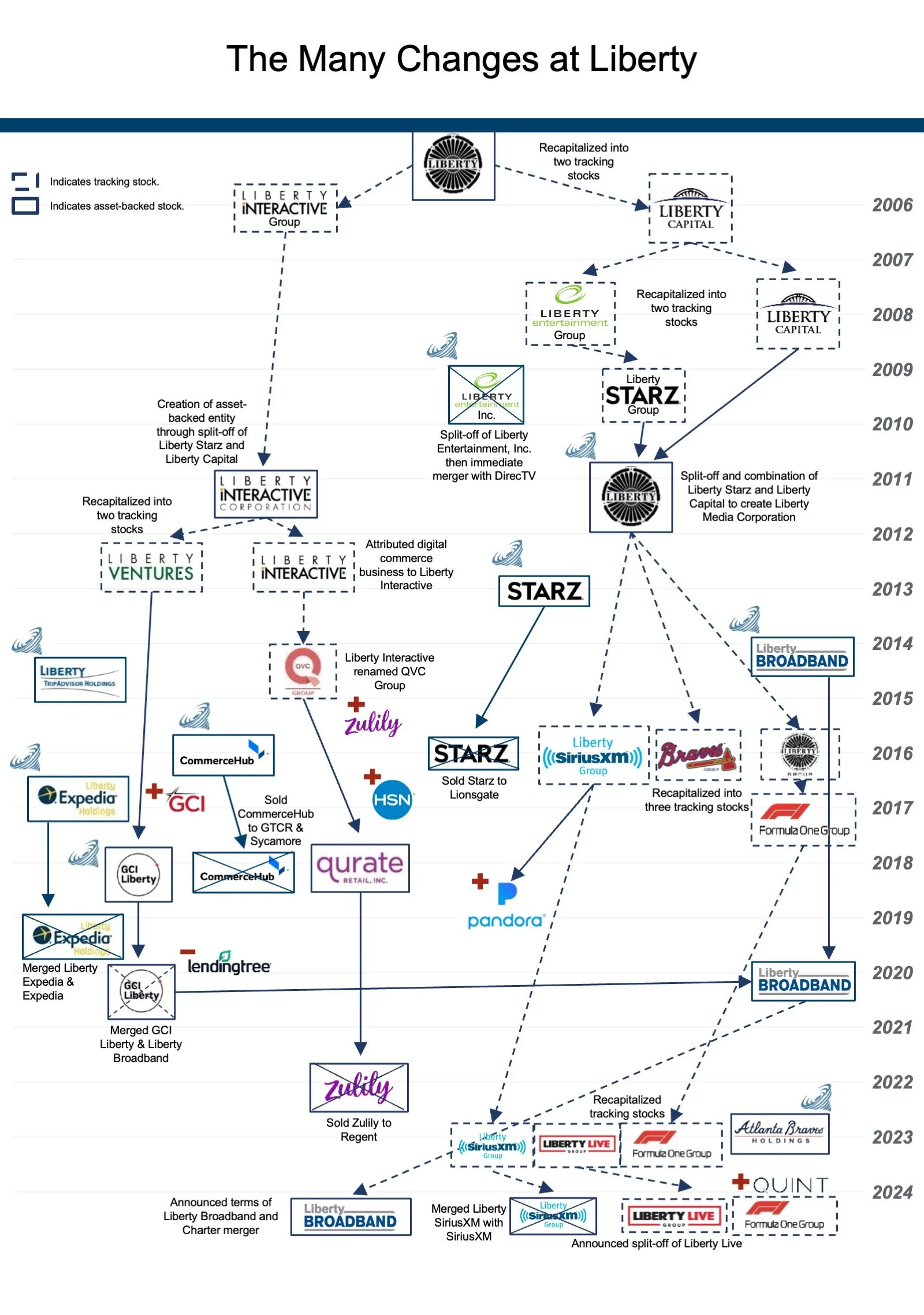








































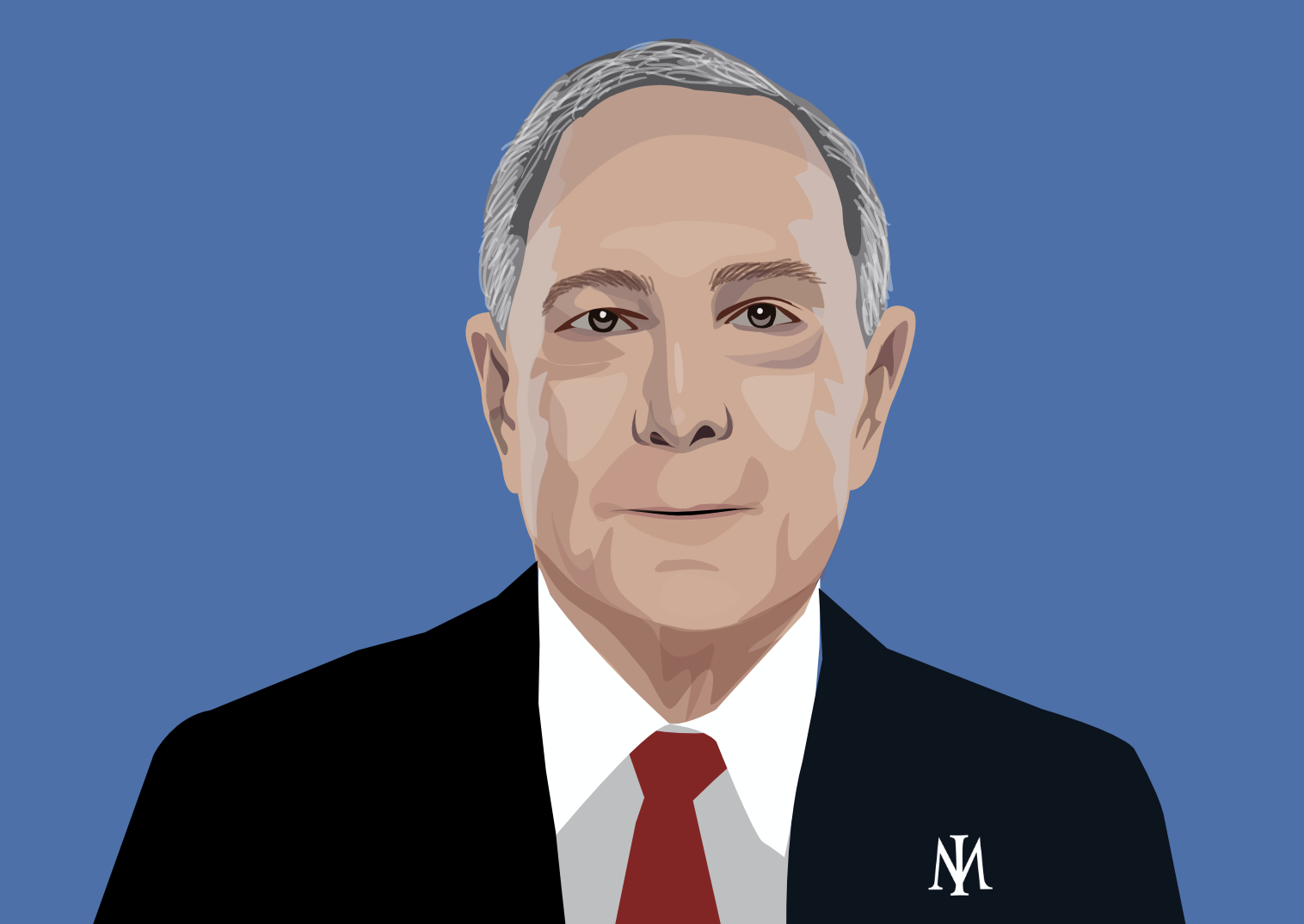





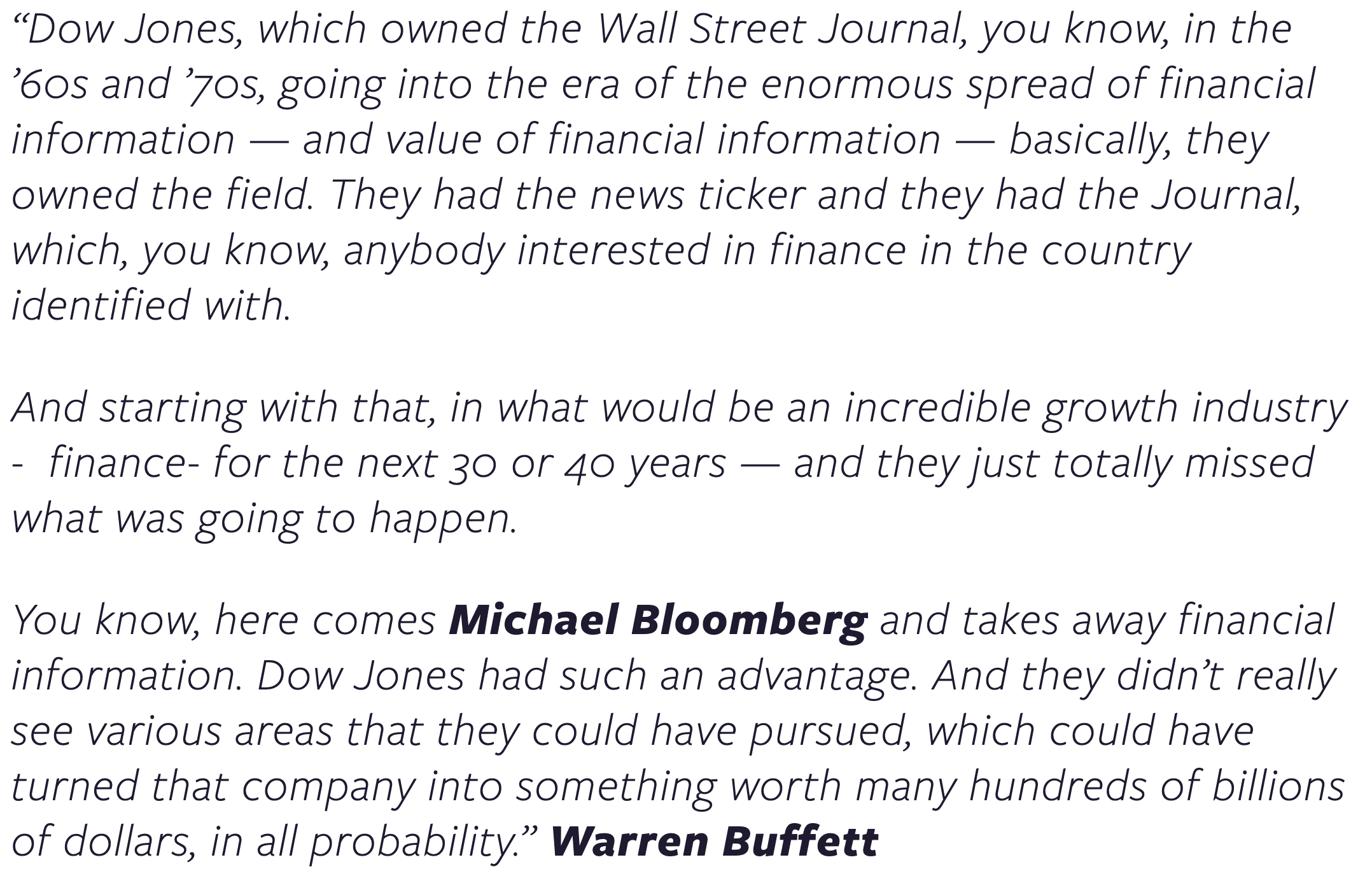




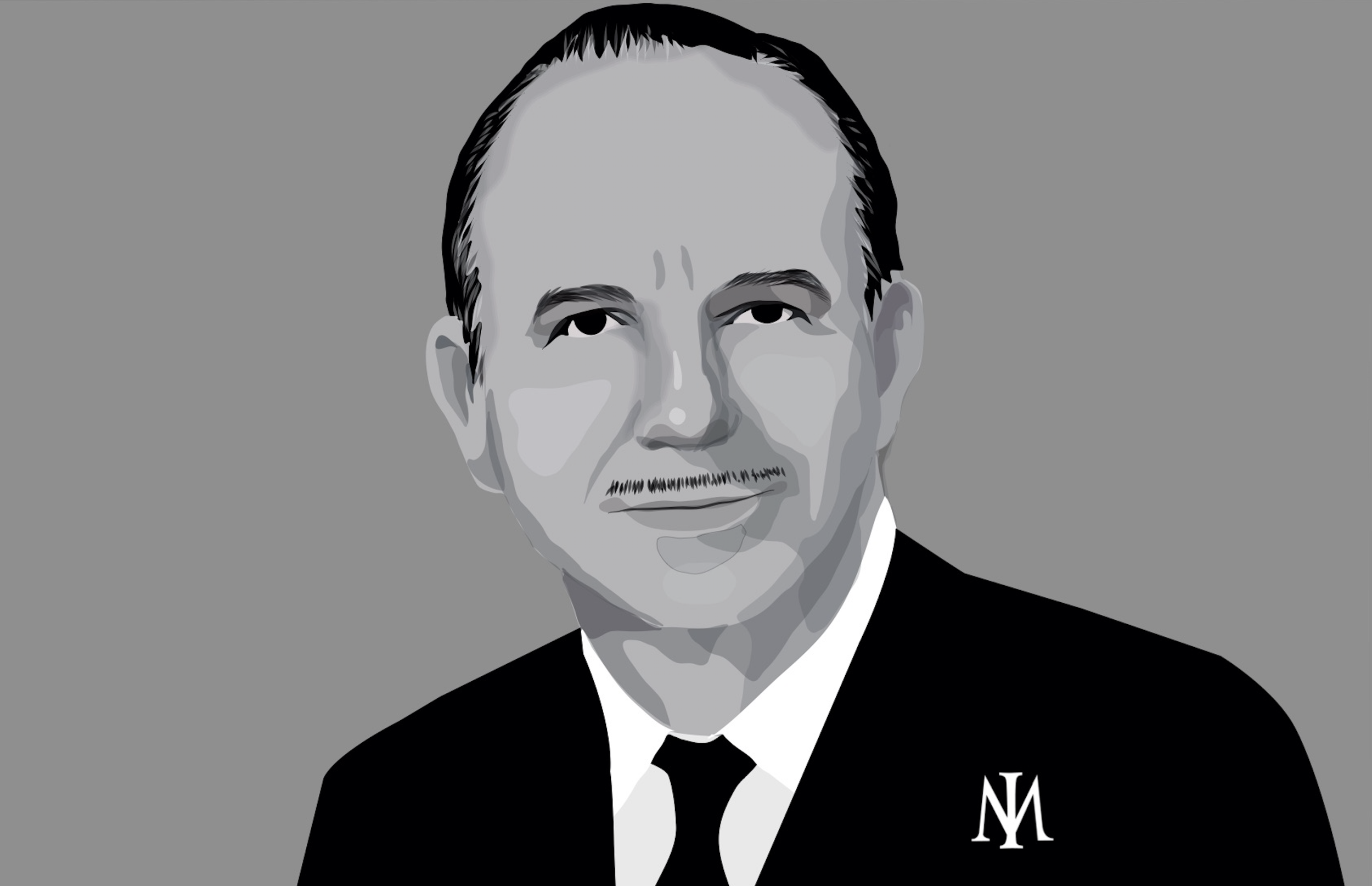



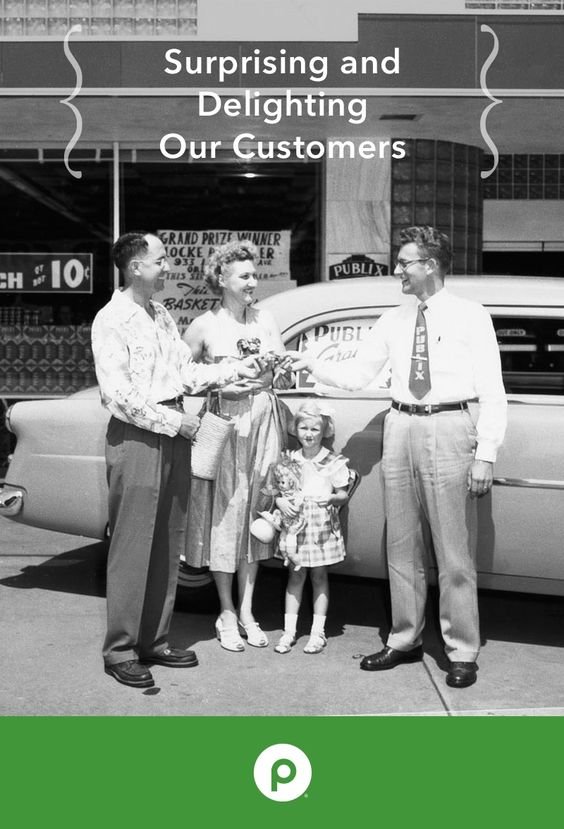

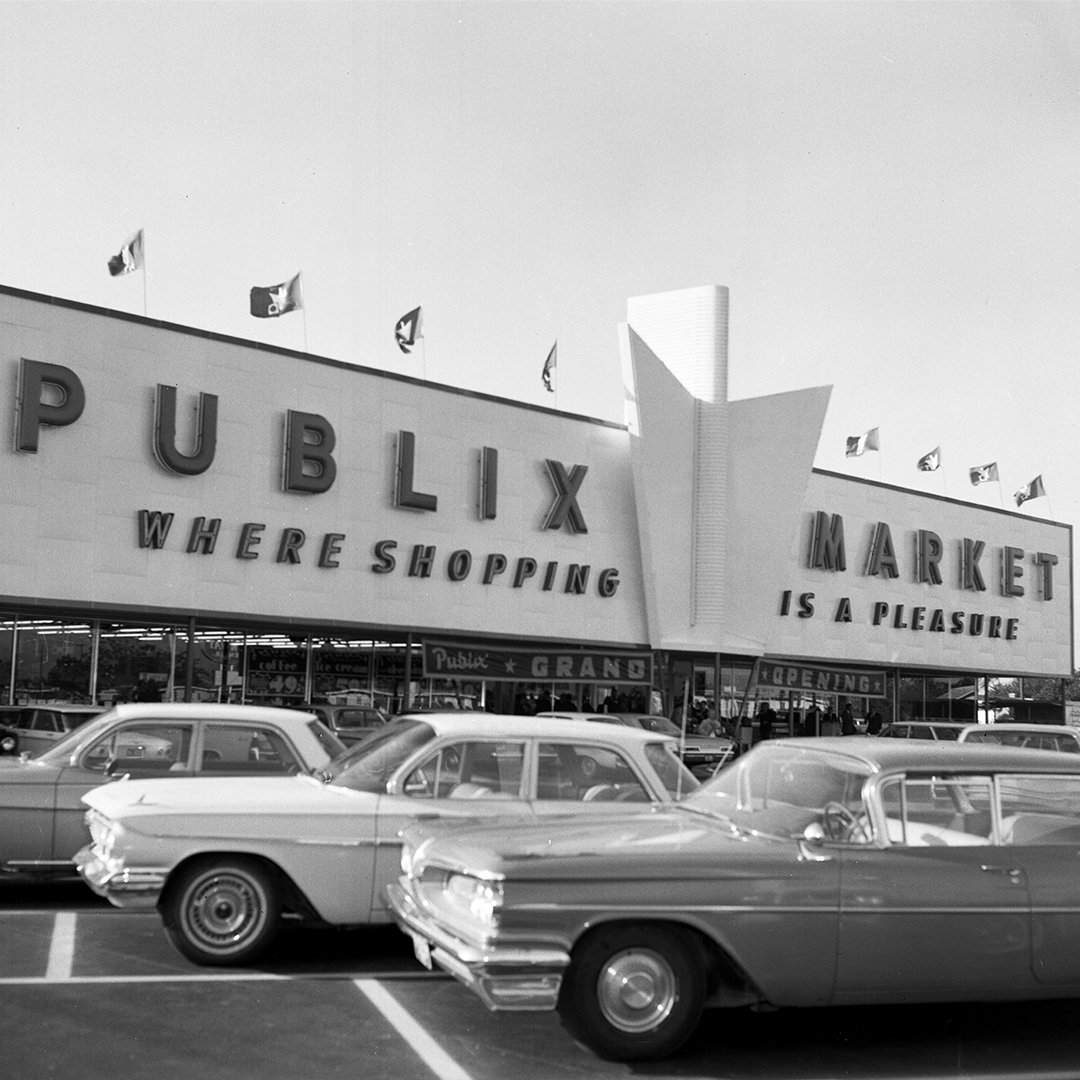
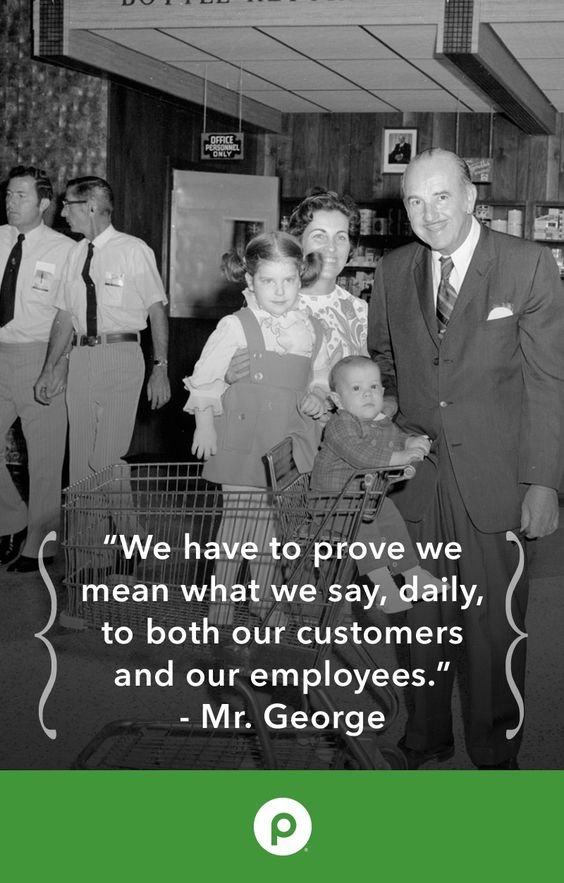

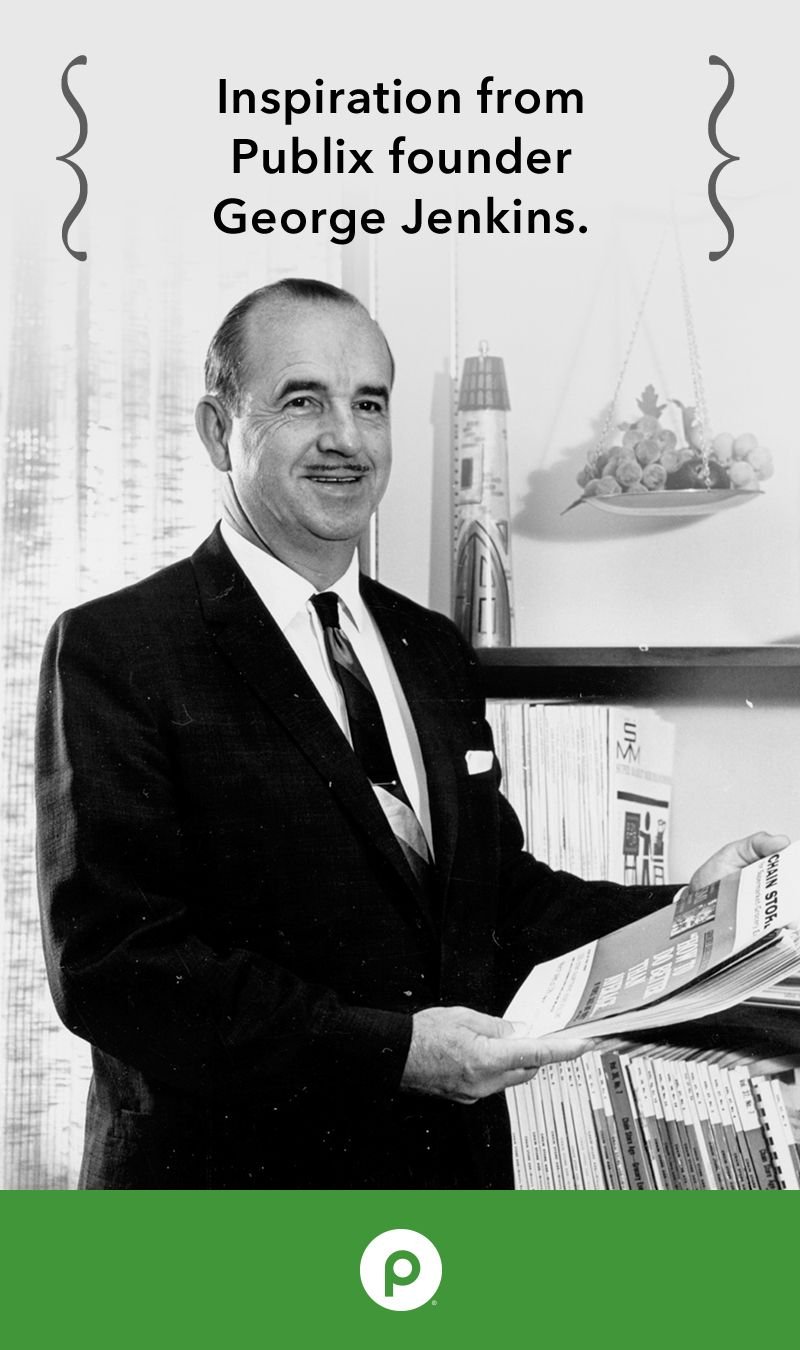
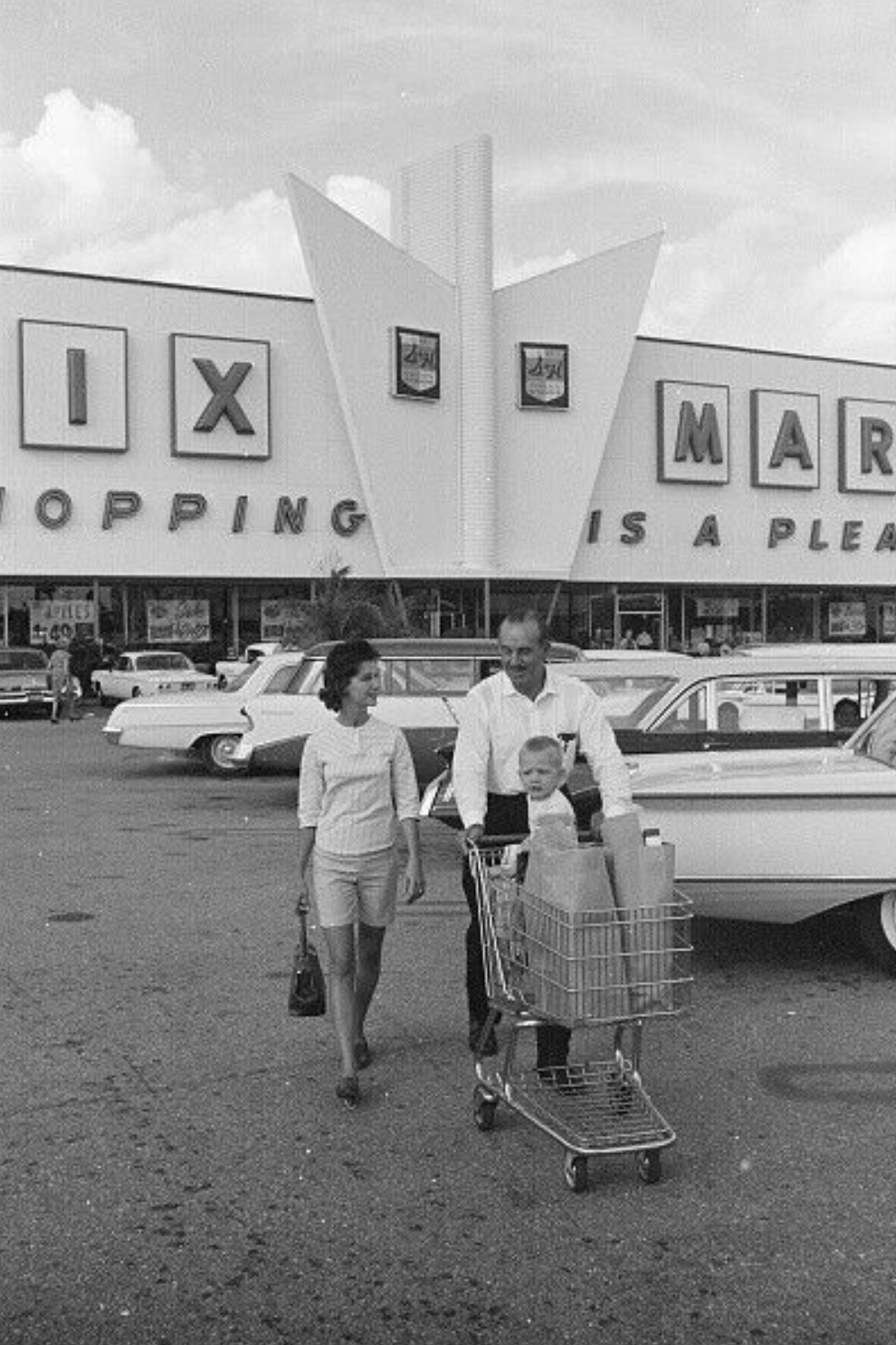

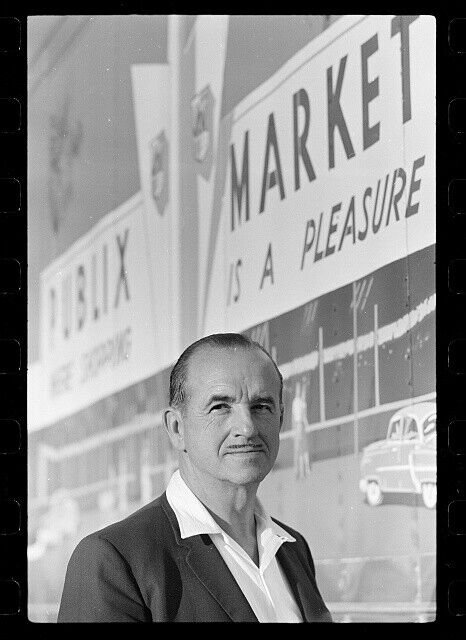
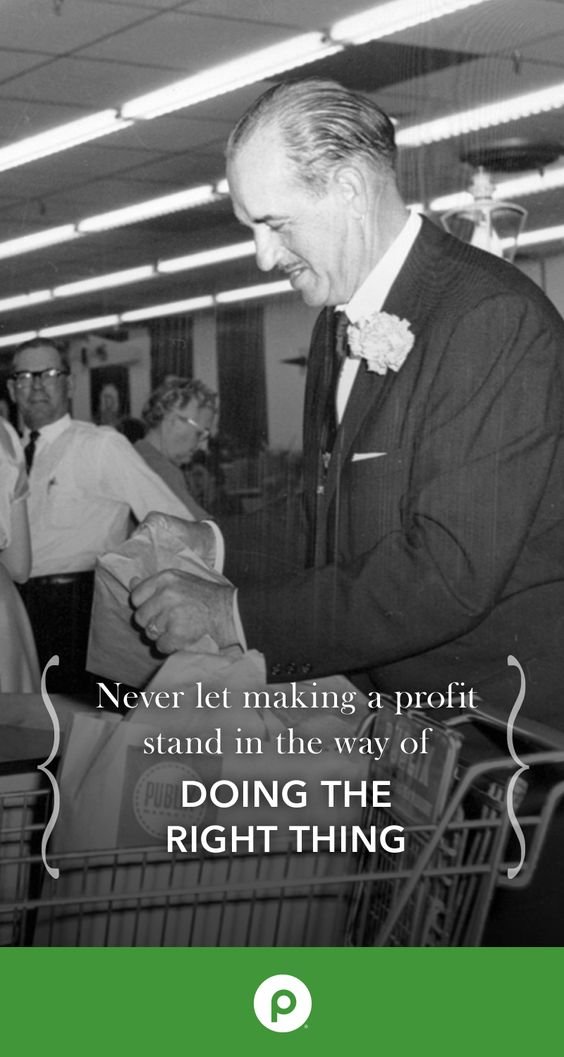
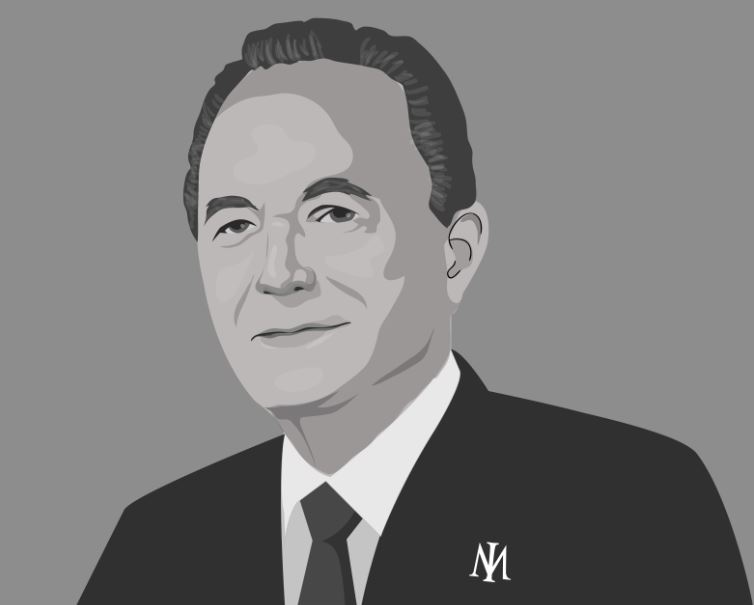
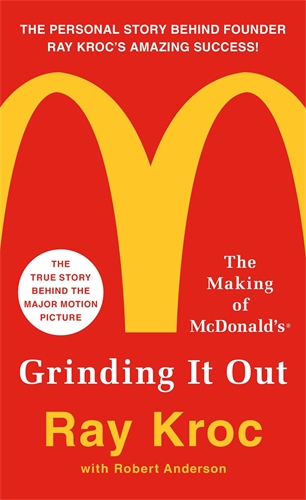





![Les Schwab [Source: The Bulletin]](https://images.squarespace-cdn.com/content/v1/568cf1da4bf1182258ed49cc/1535458473739-6XGNLHQB5SIKXGO47BH1/Screen+Shot+2018-08-28+at+10.13.59+PM.png)



![Wal-Mart vs Dow Jones Industrial Average - 1972-2018 [source: Bloomberg]](https://images.squarespace-cdn.com/content/v1/568cf1da4bf1182258ed49cc/1531209471165-ZCOQS12YGZVSKMPG7B9X/wmt.JPG)



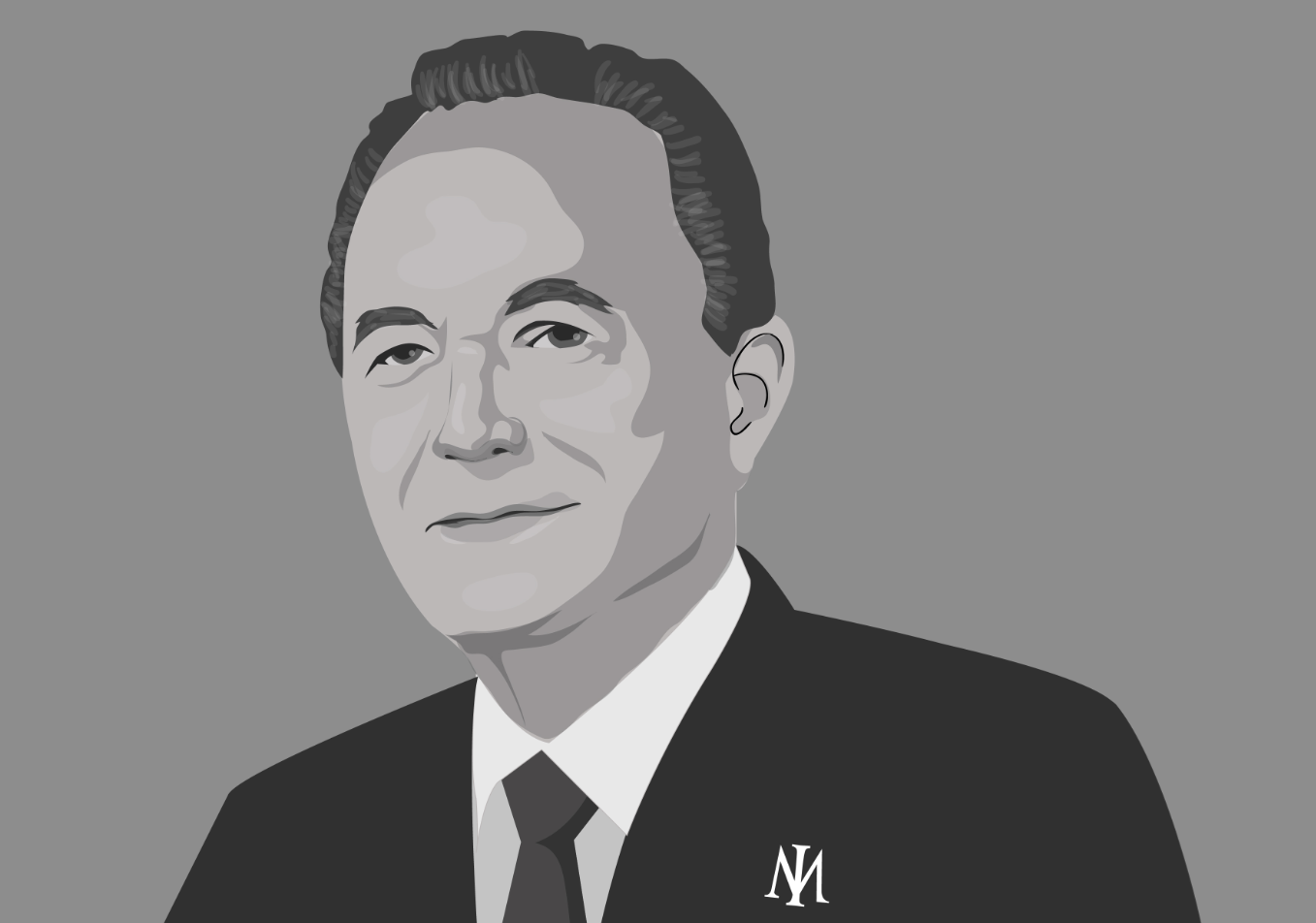
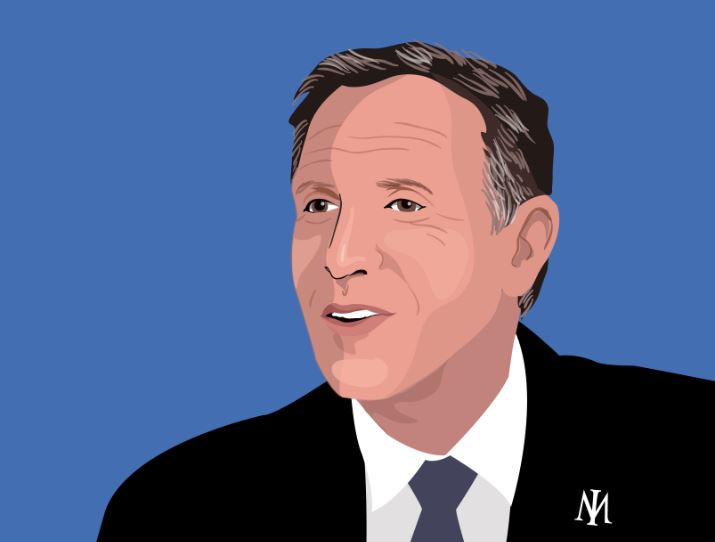
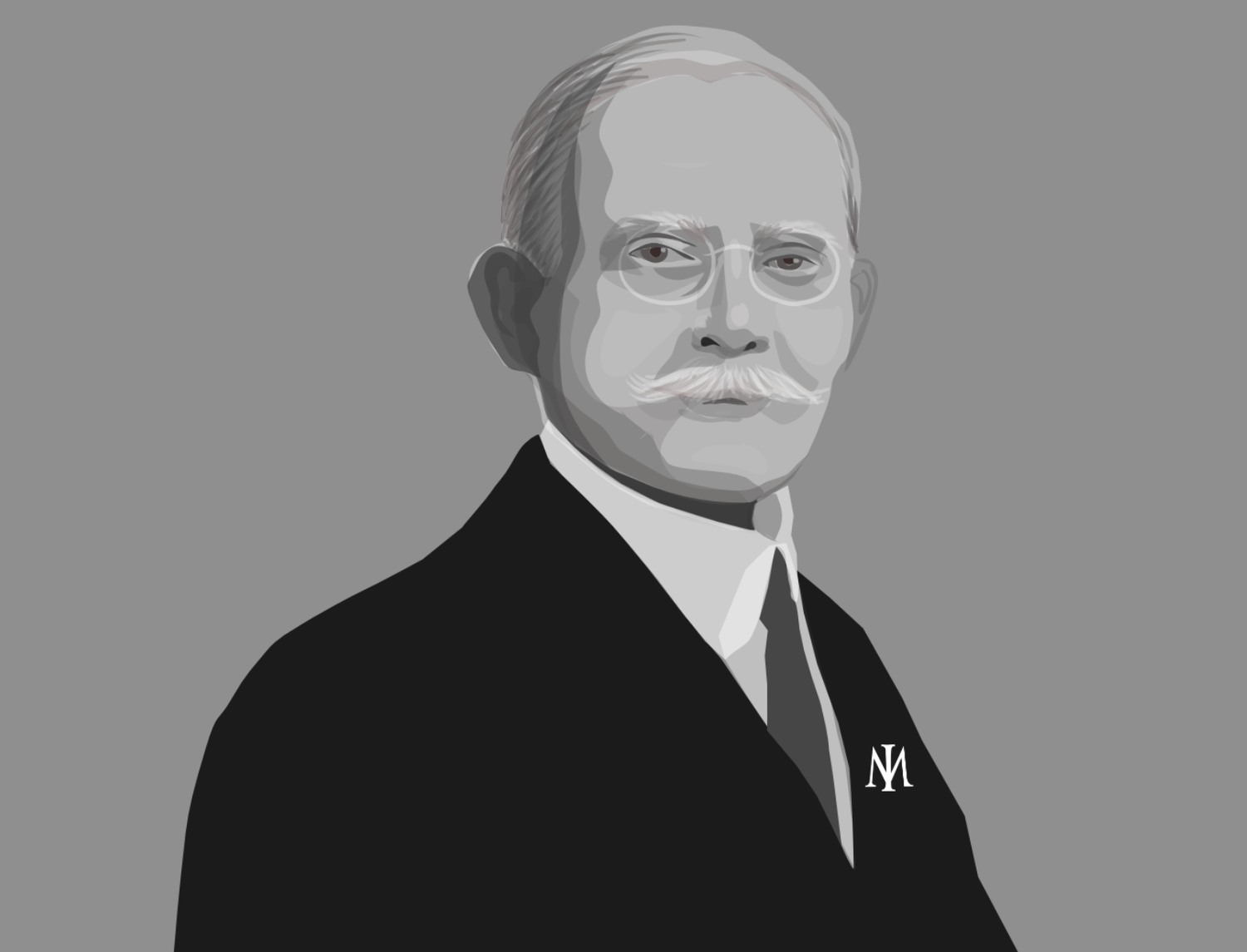
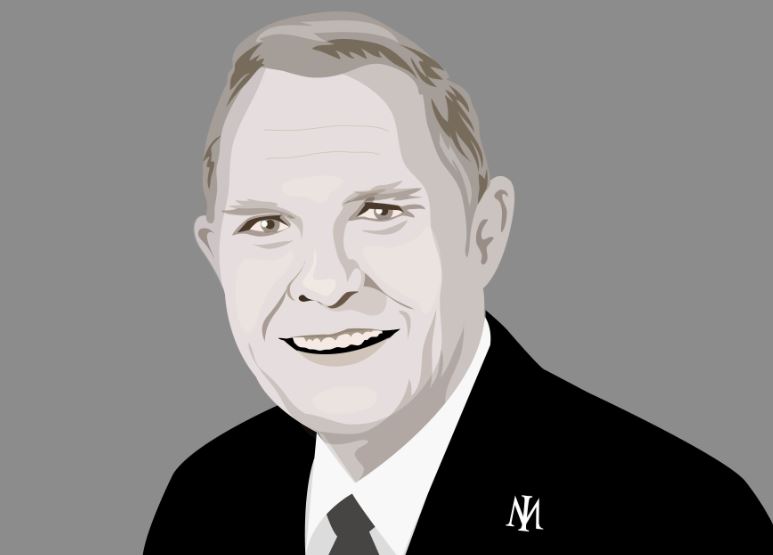
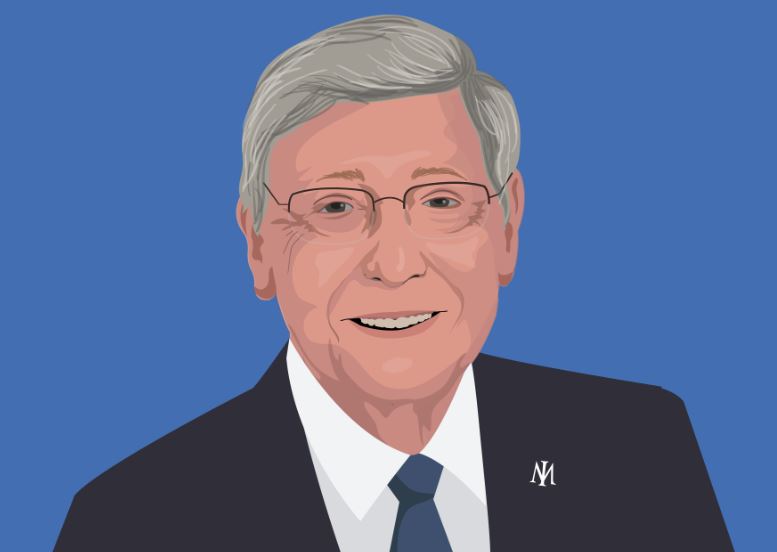
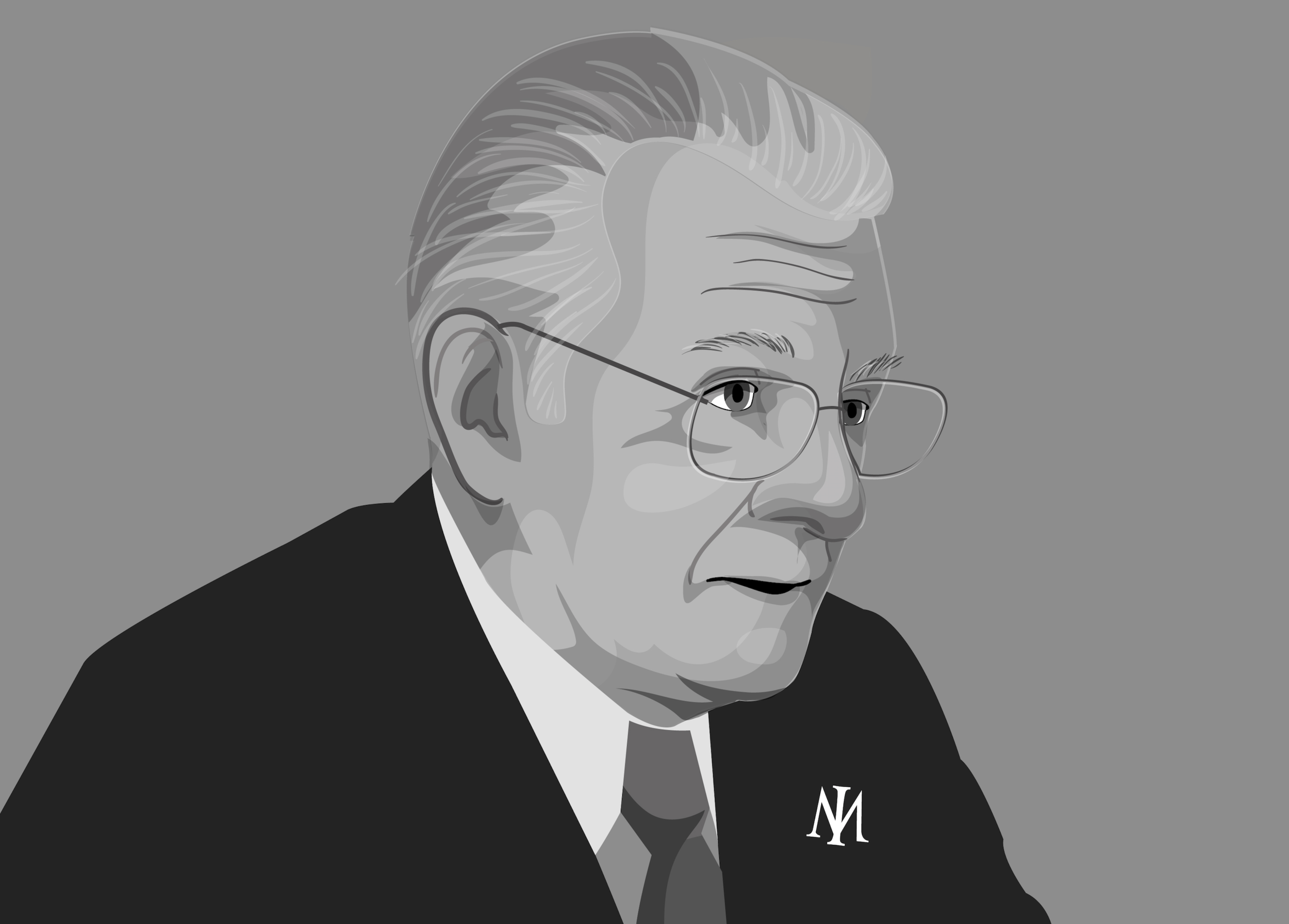
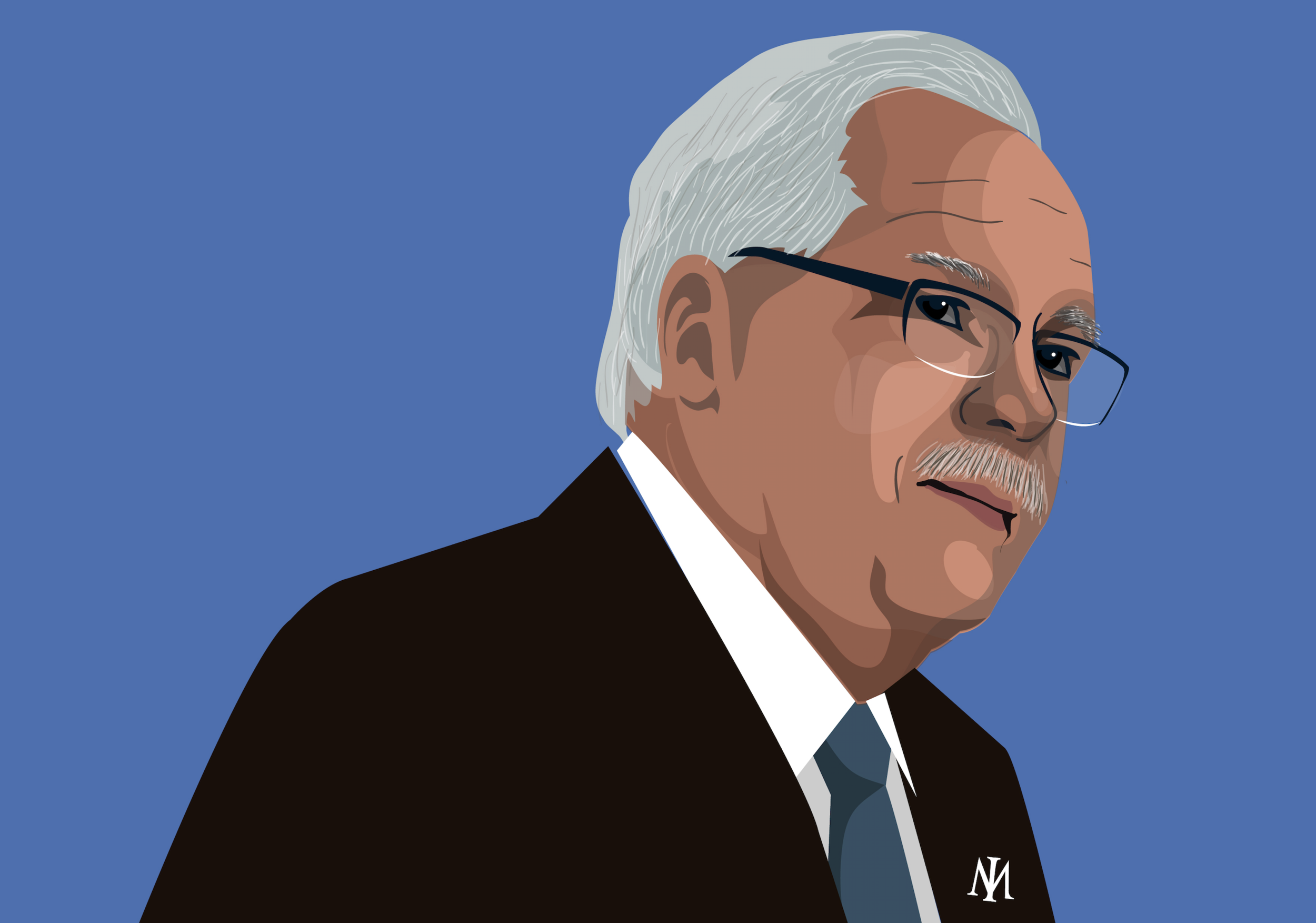
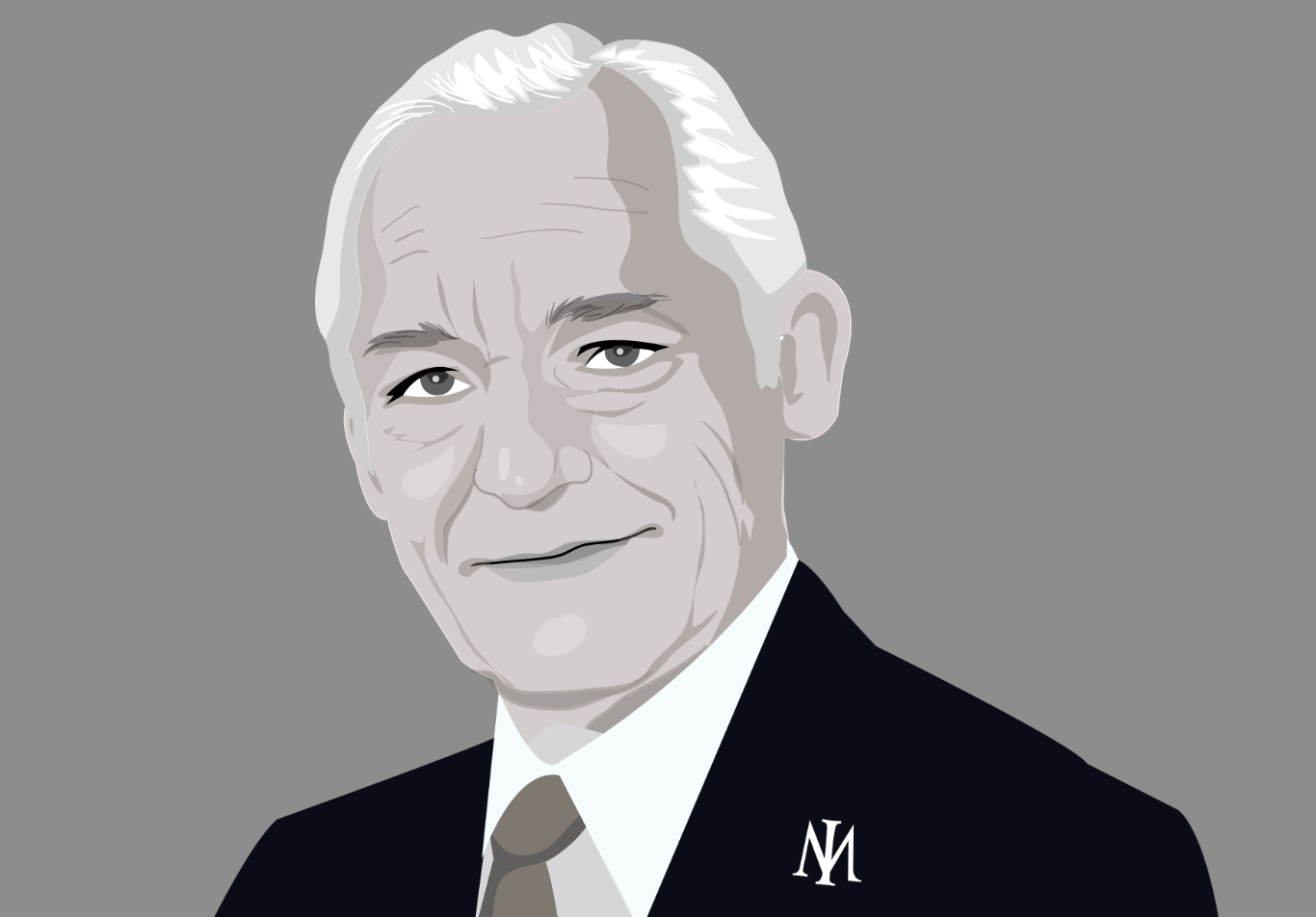
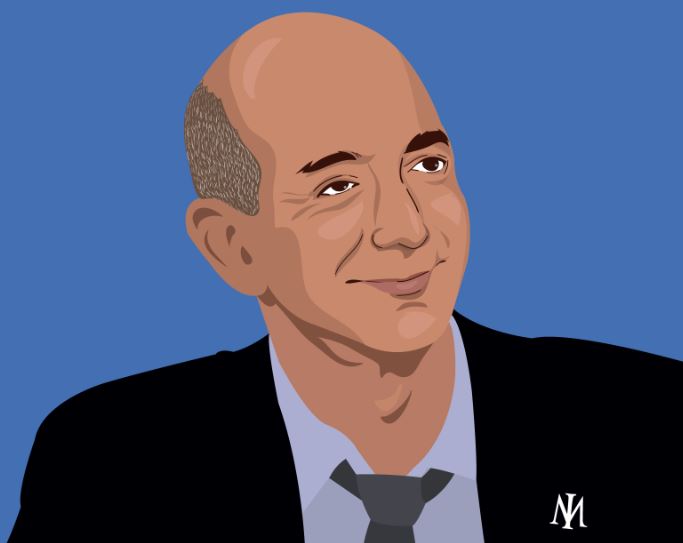

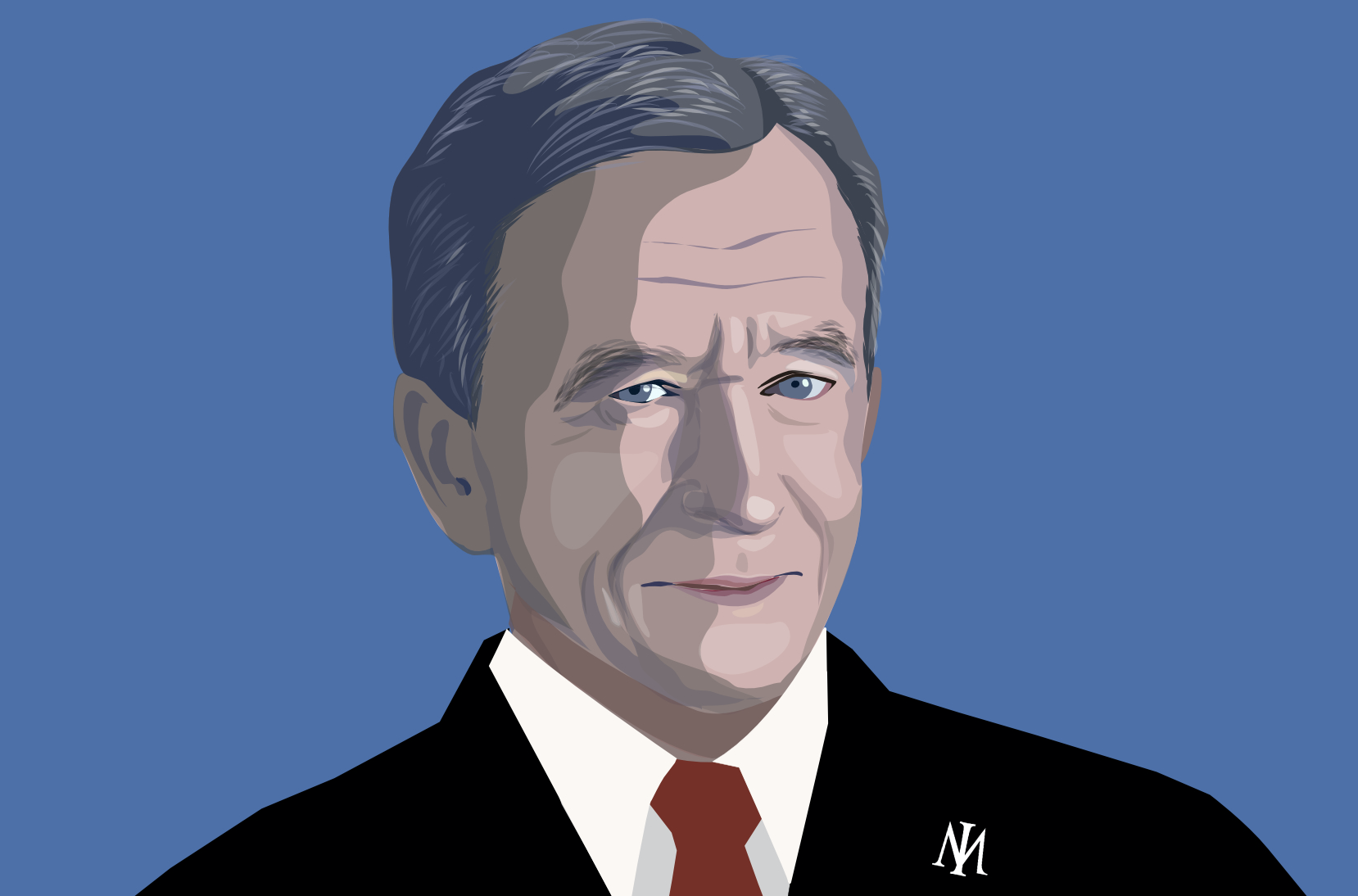
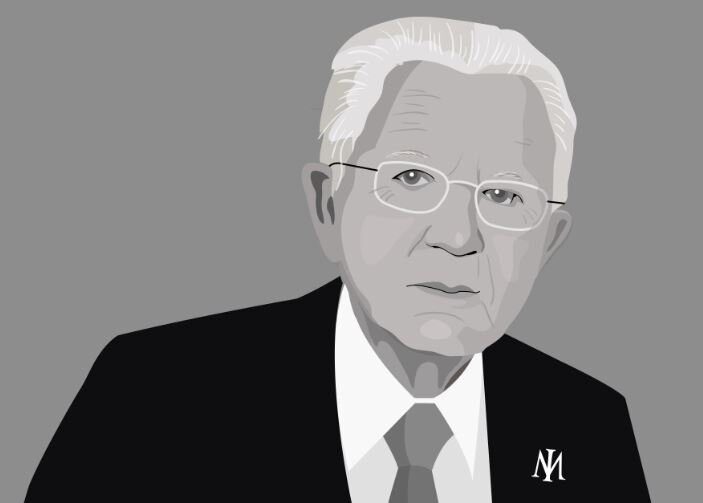


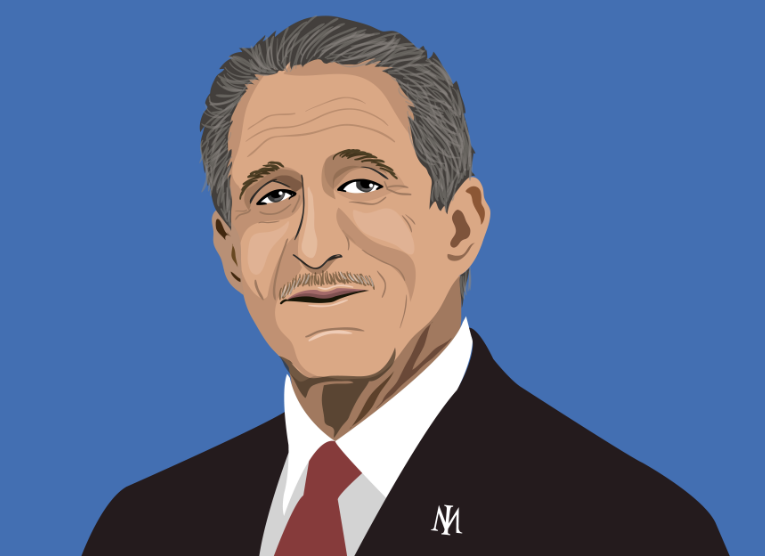

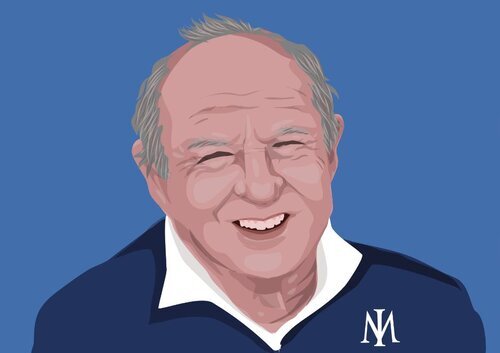
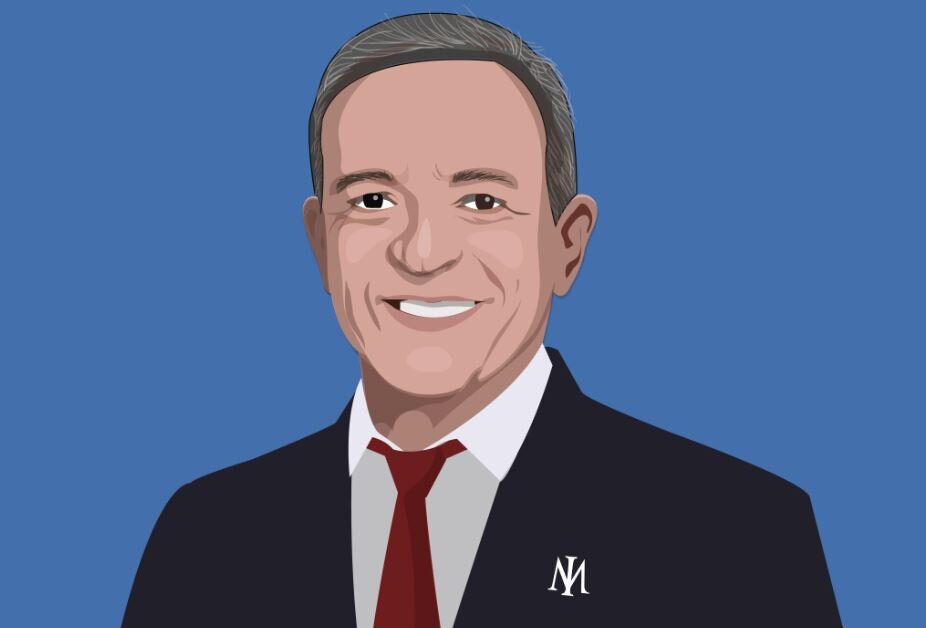
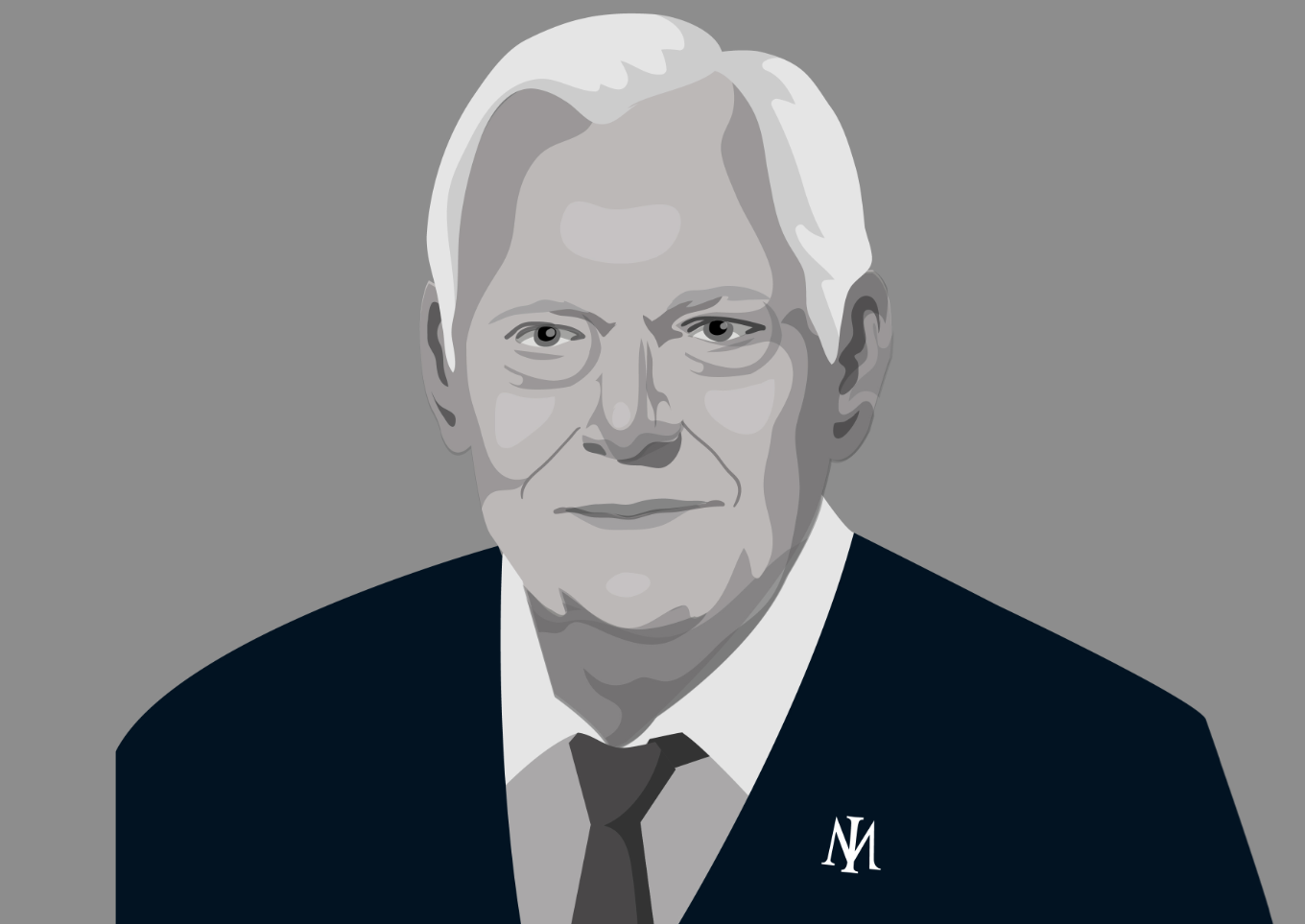
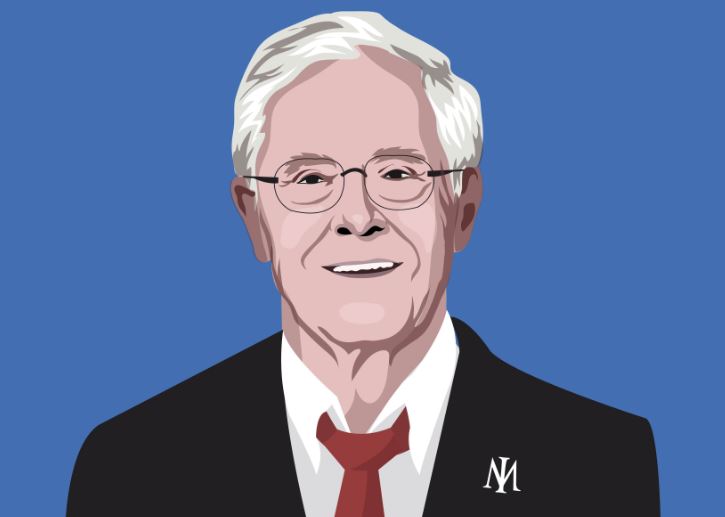
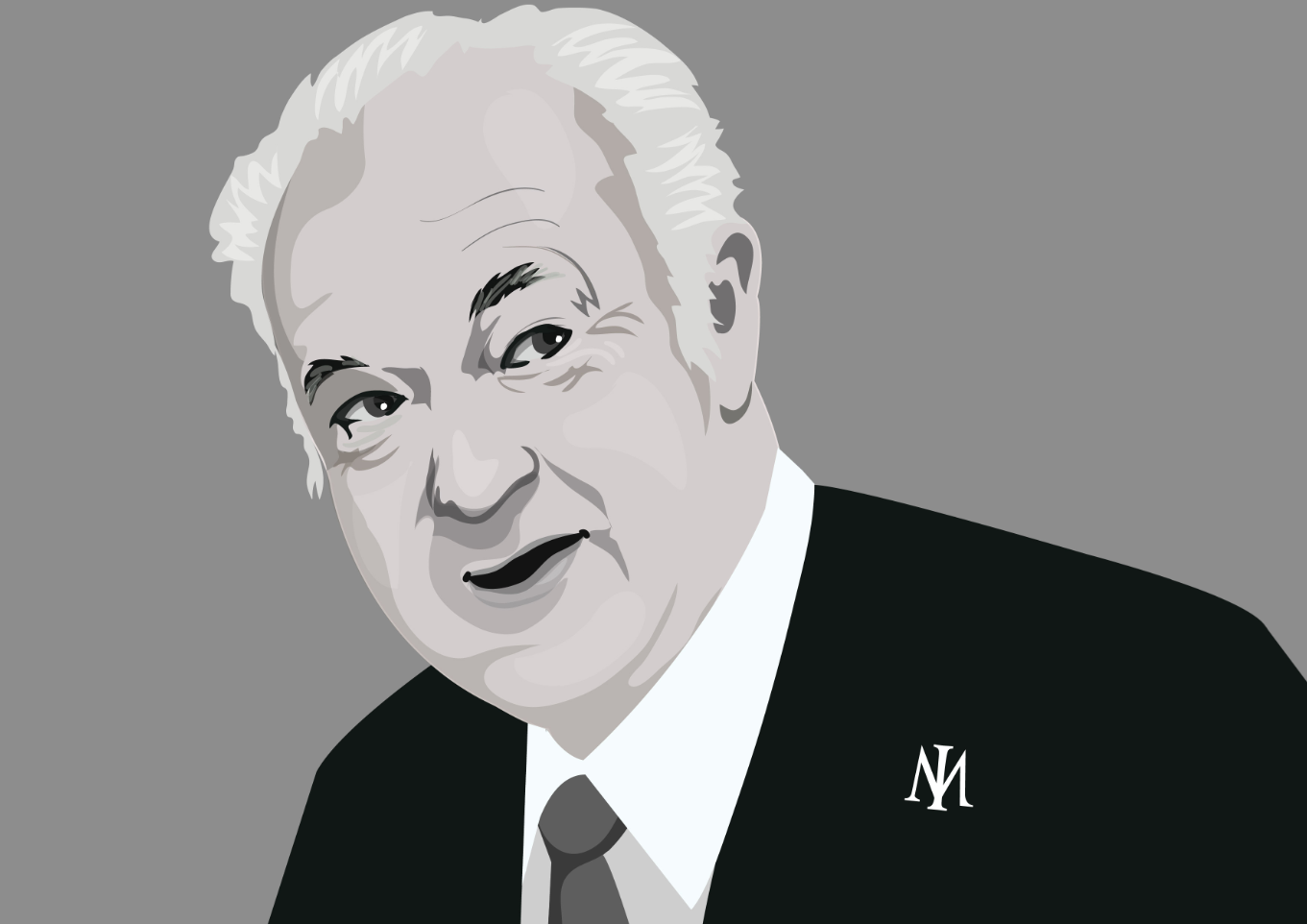

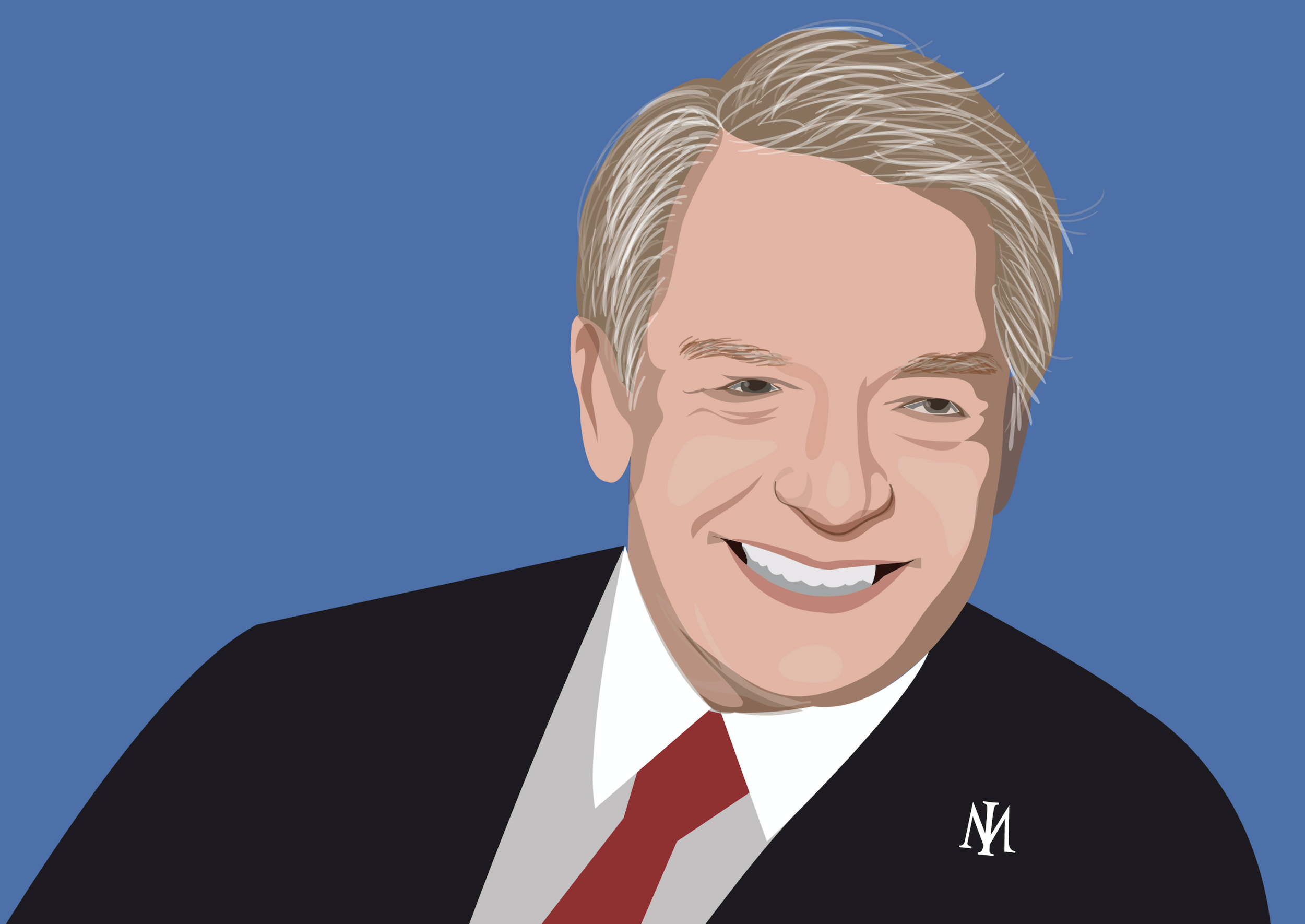

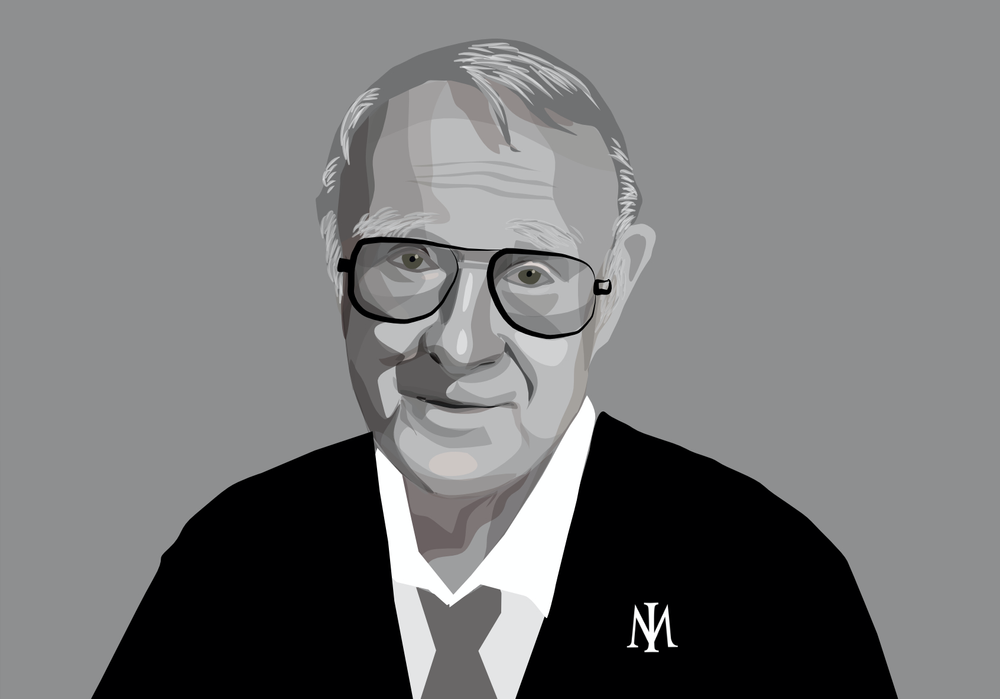
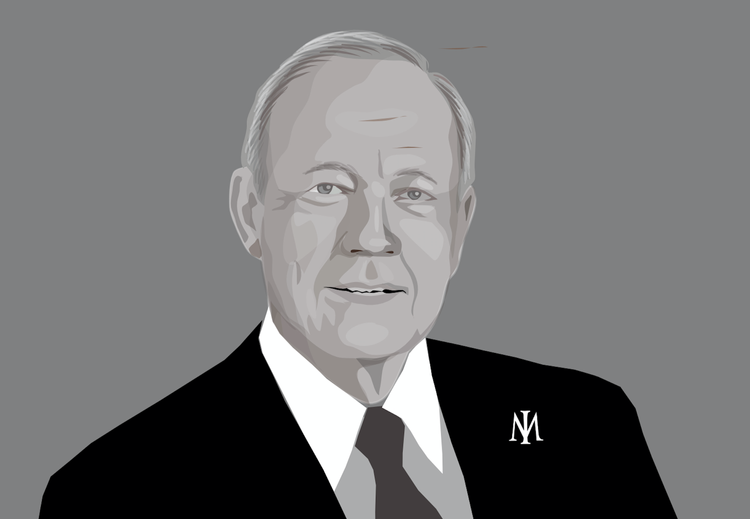
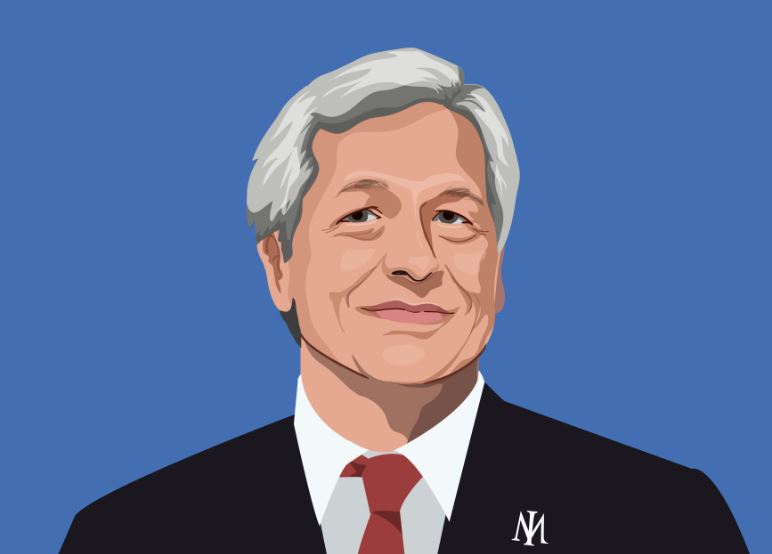
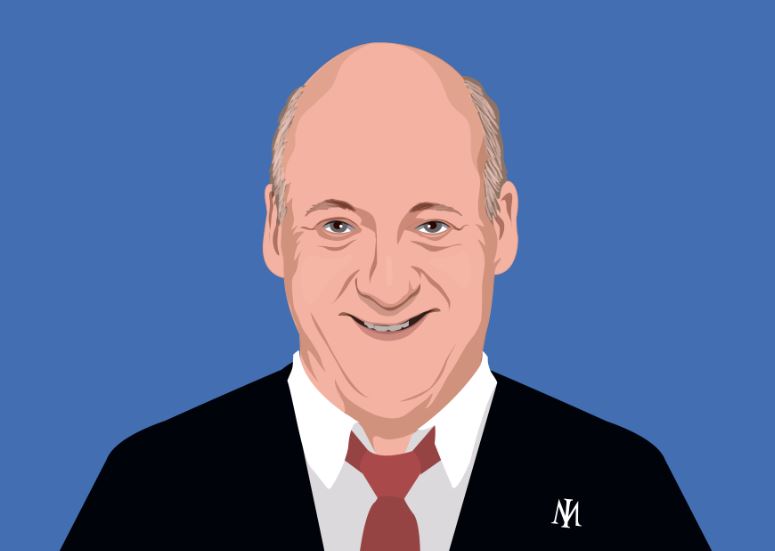


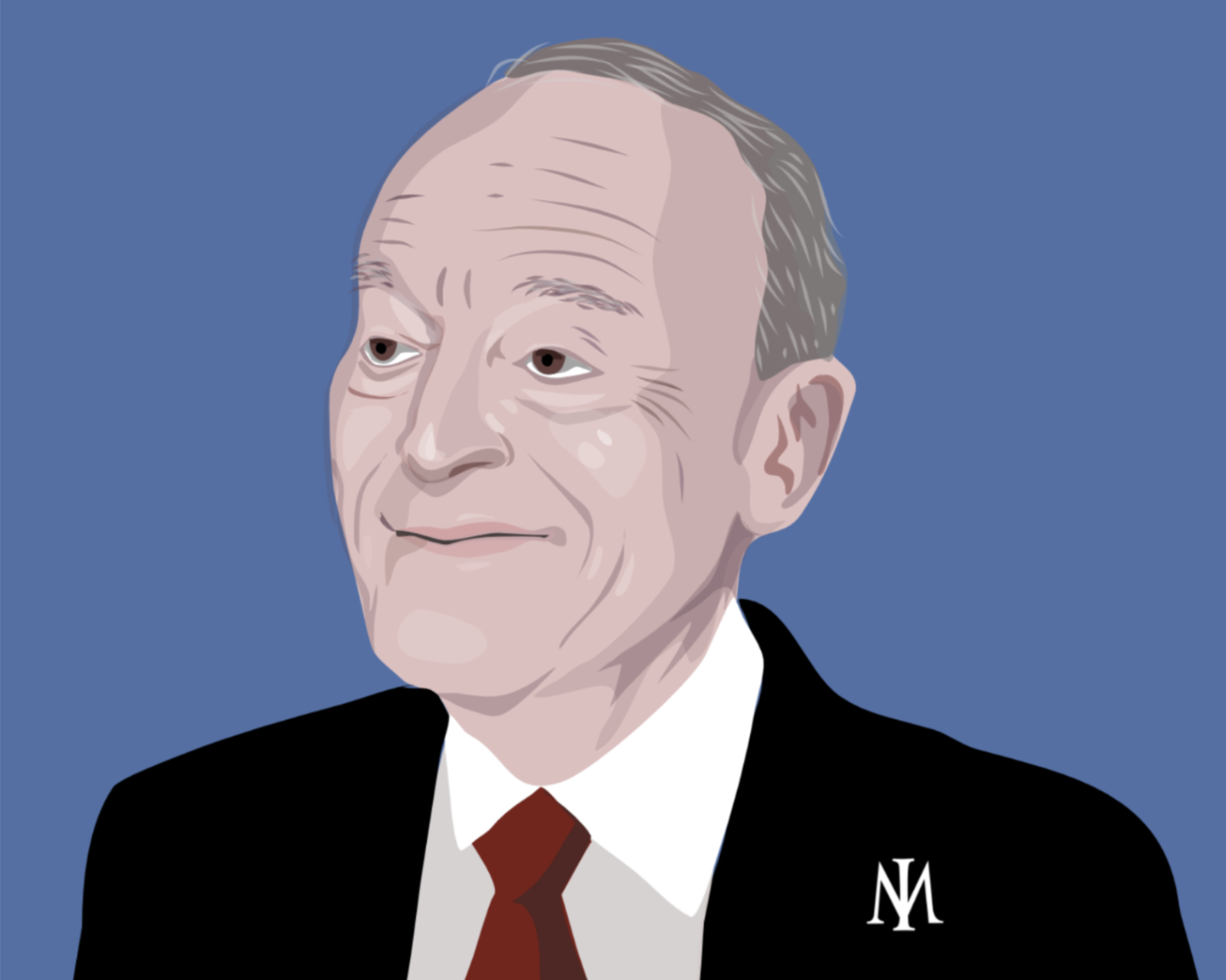


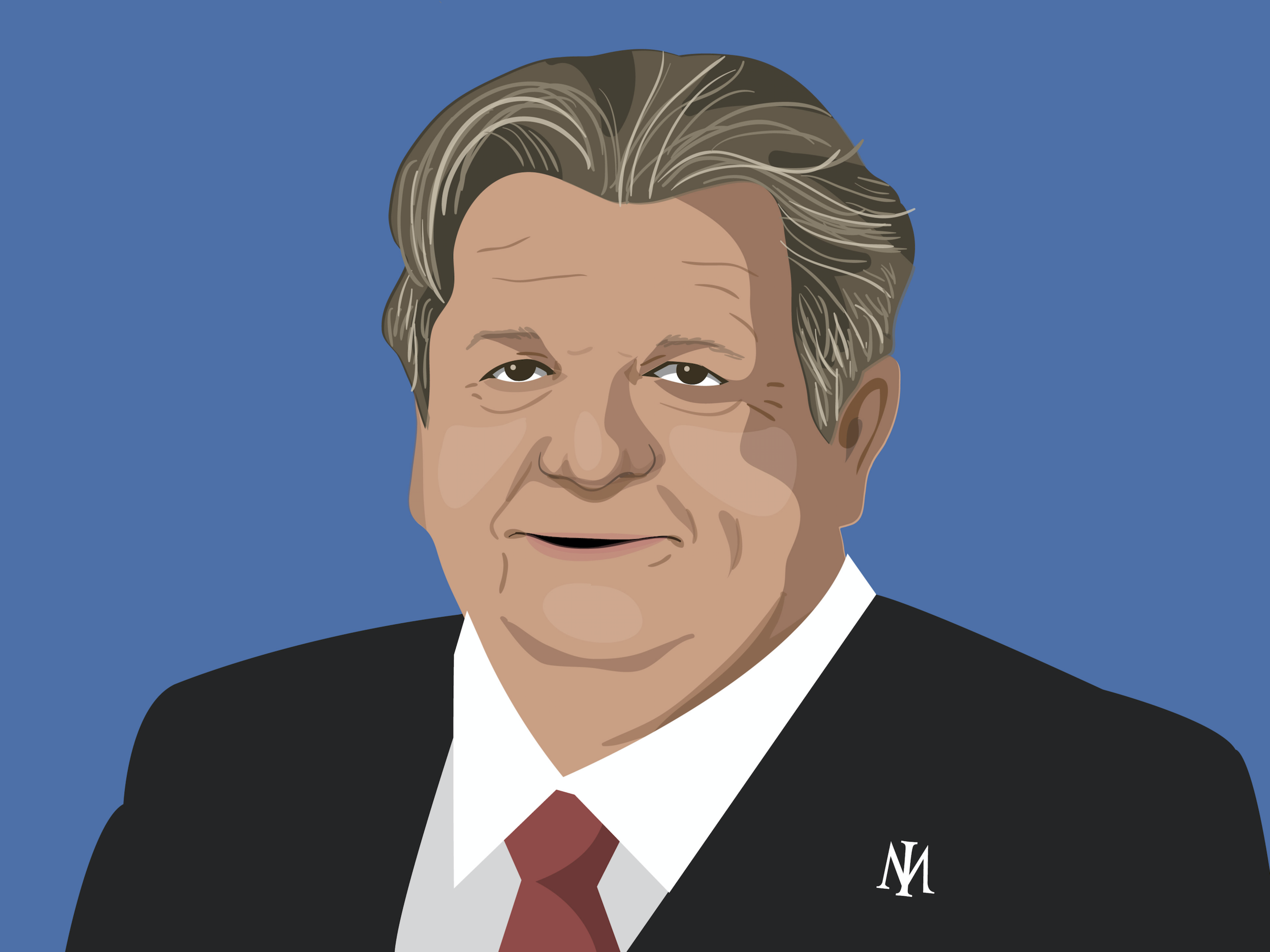
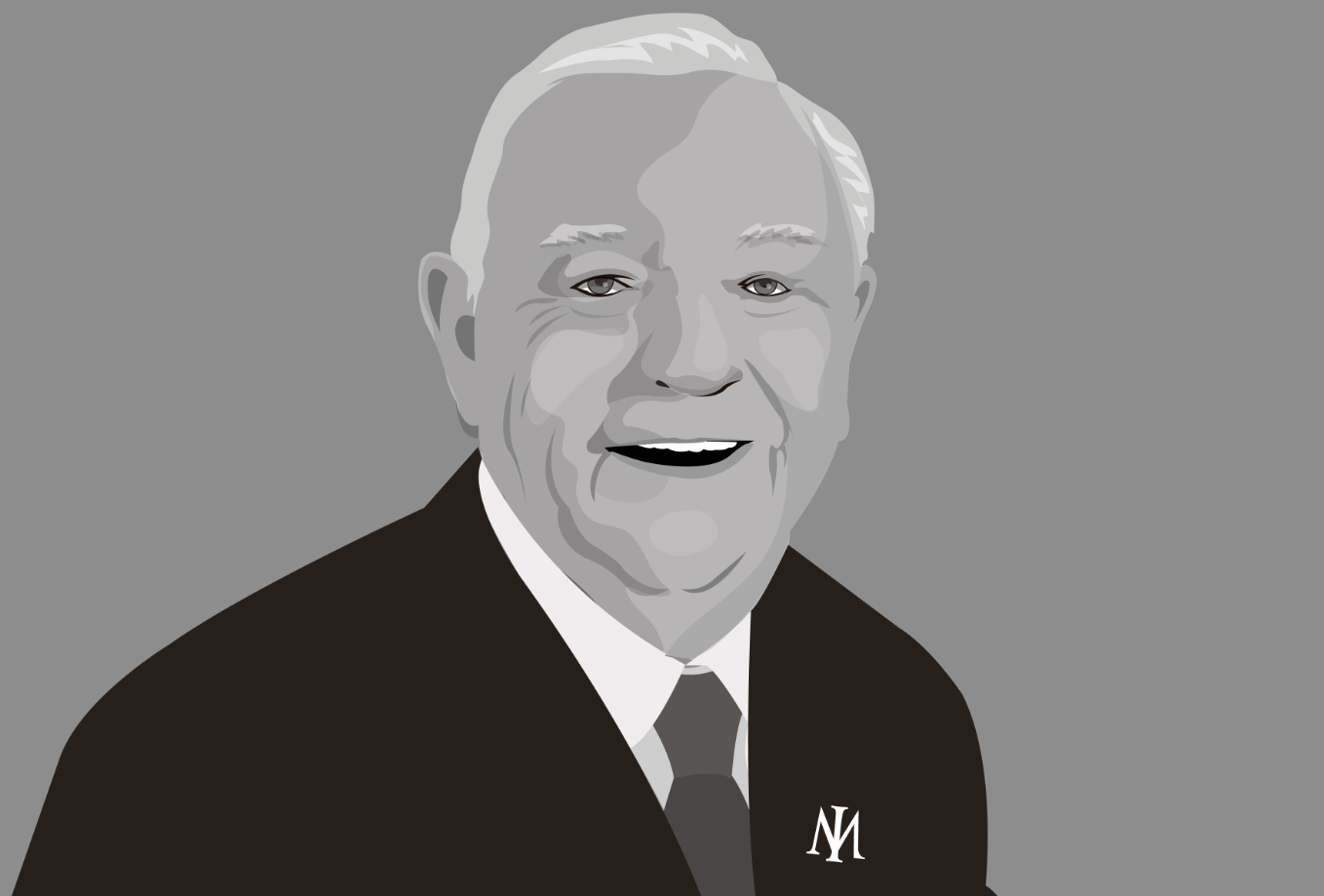
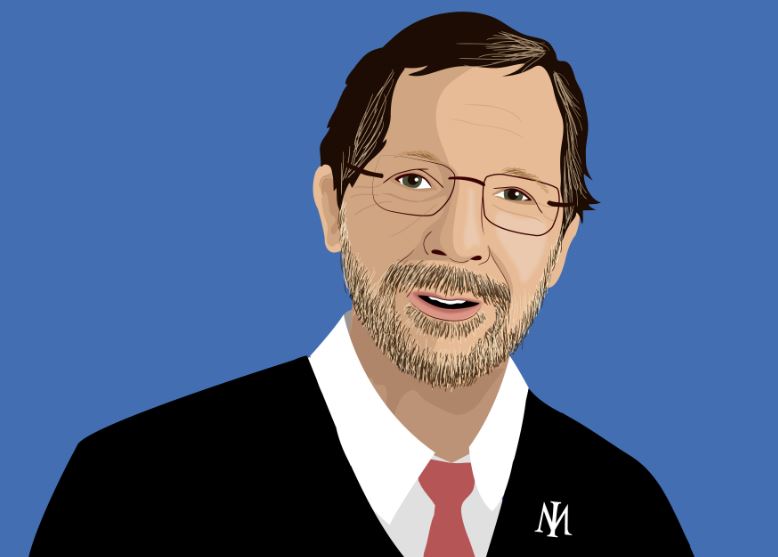
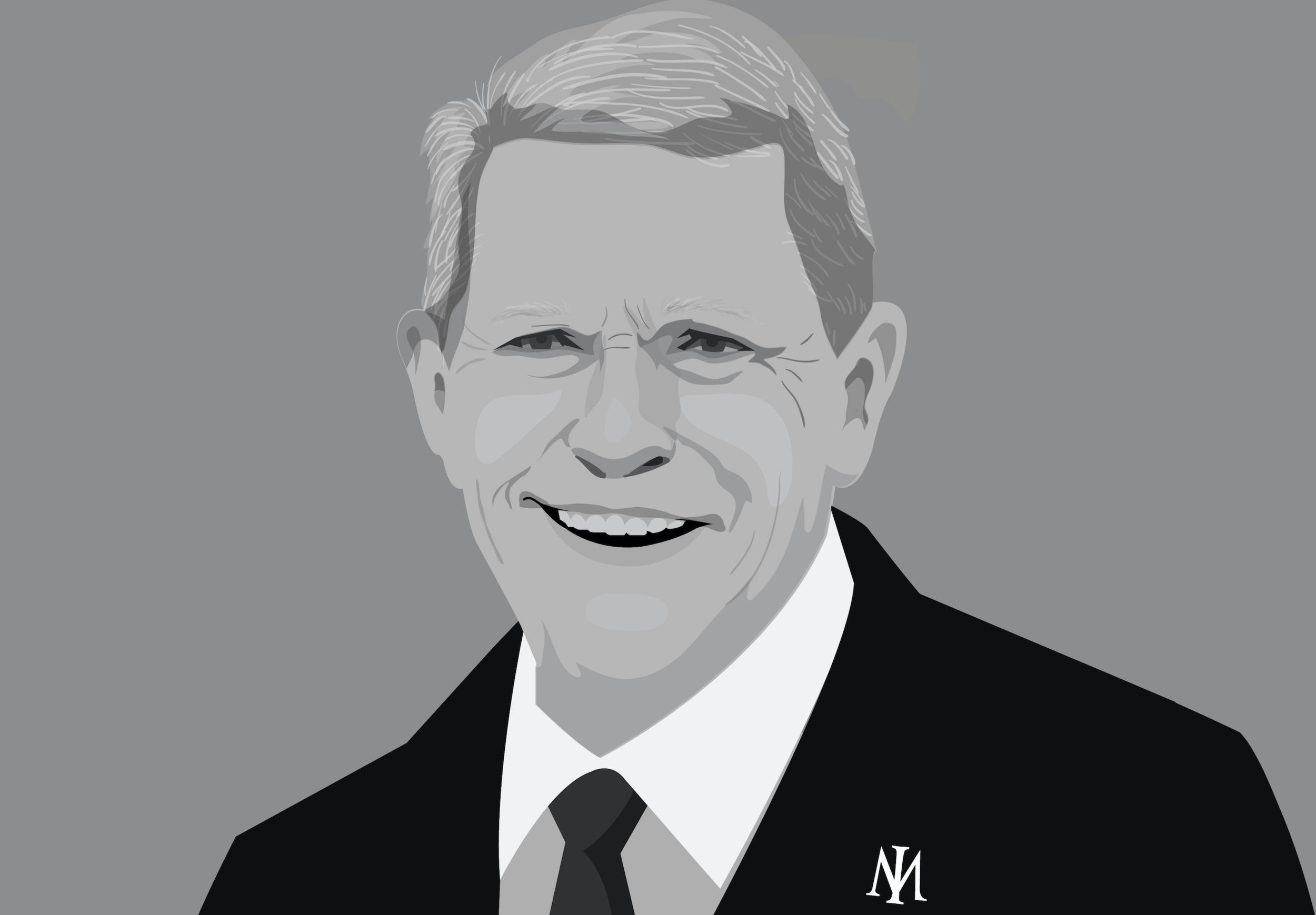
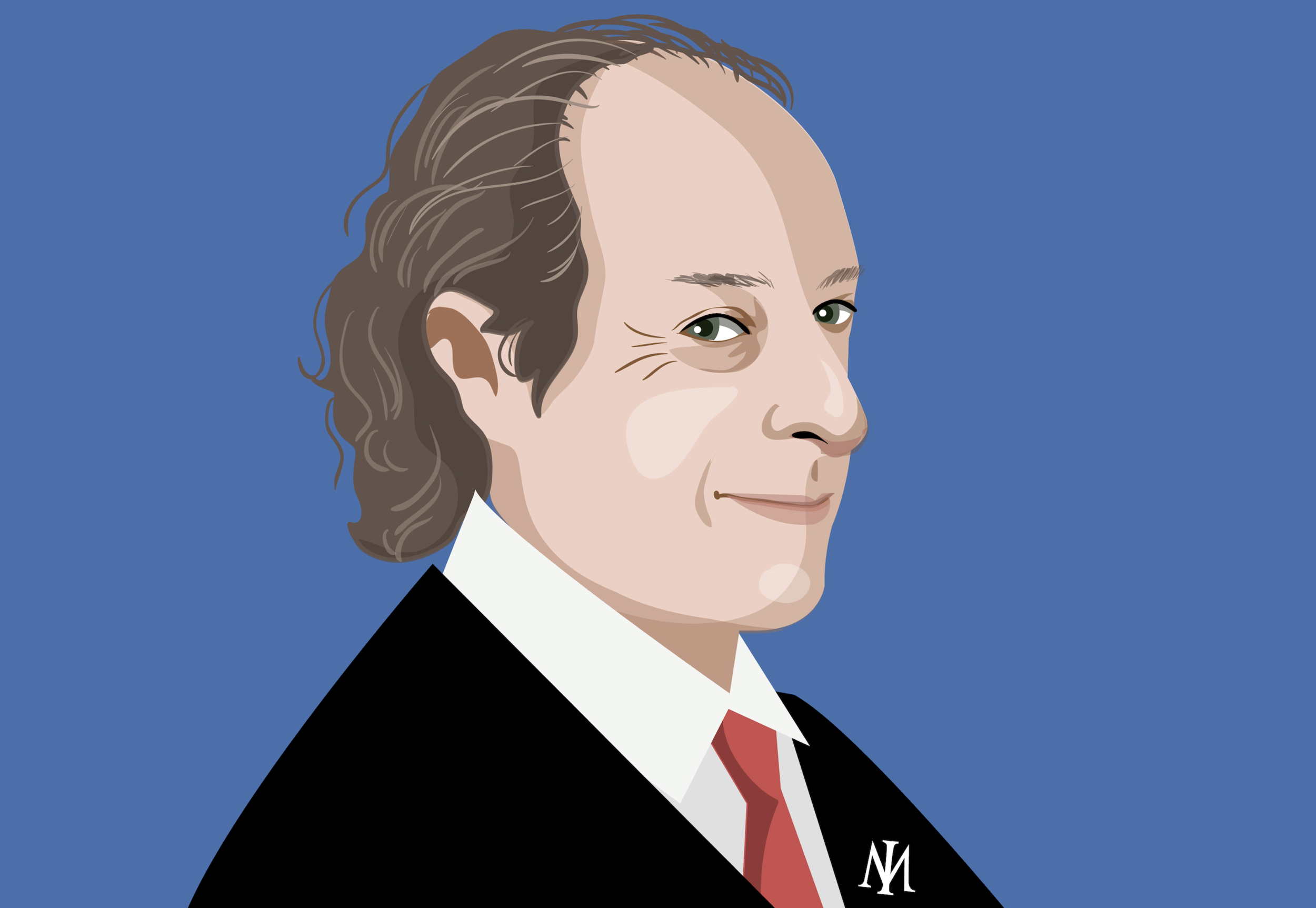
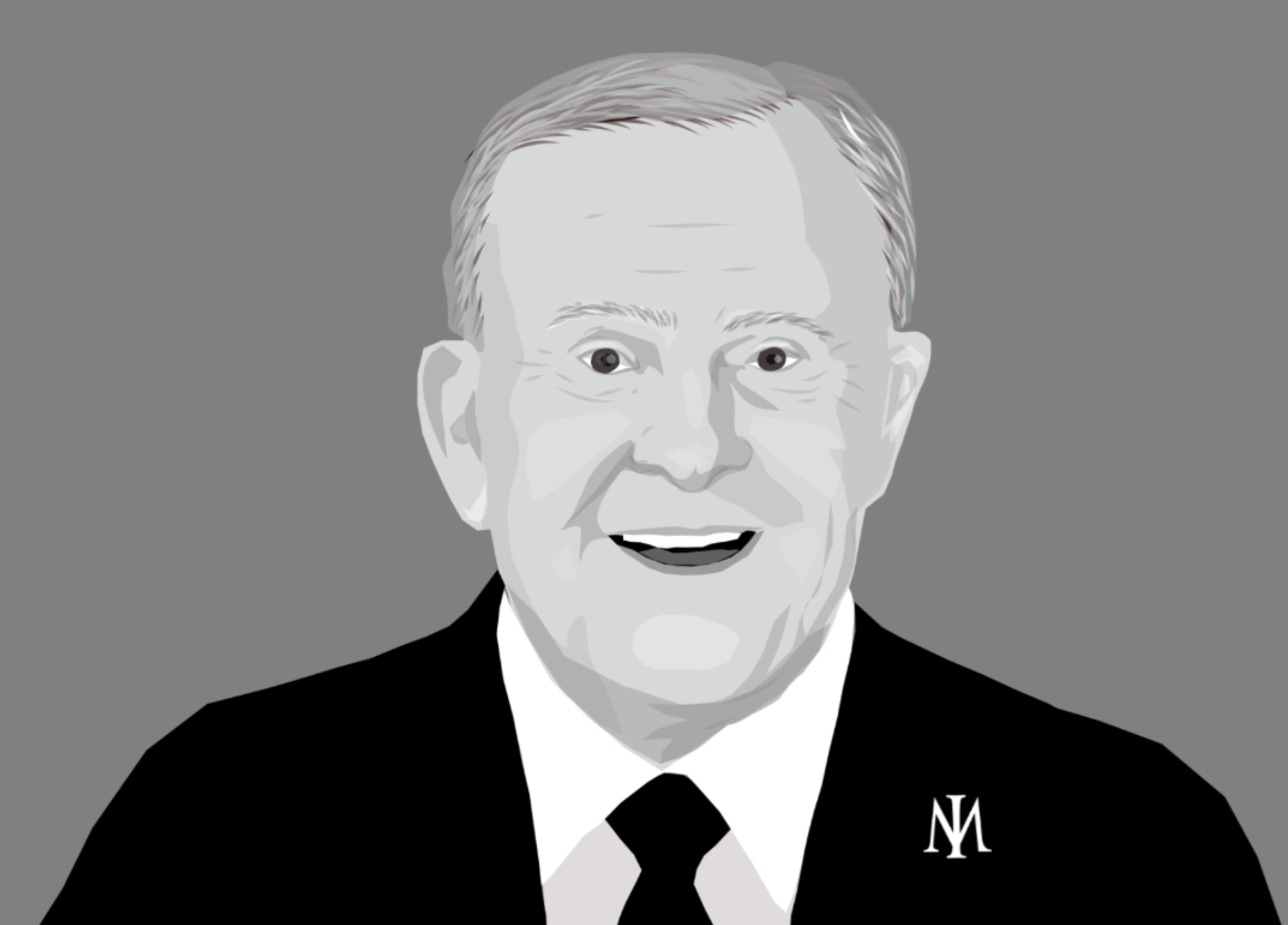
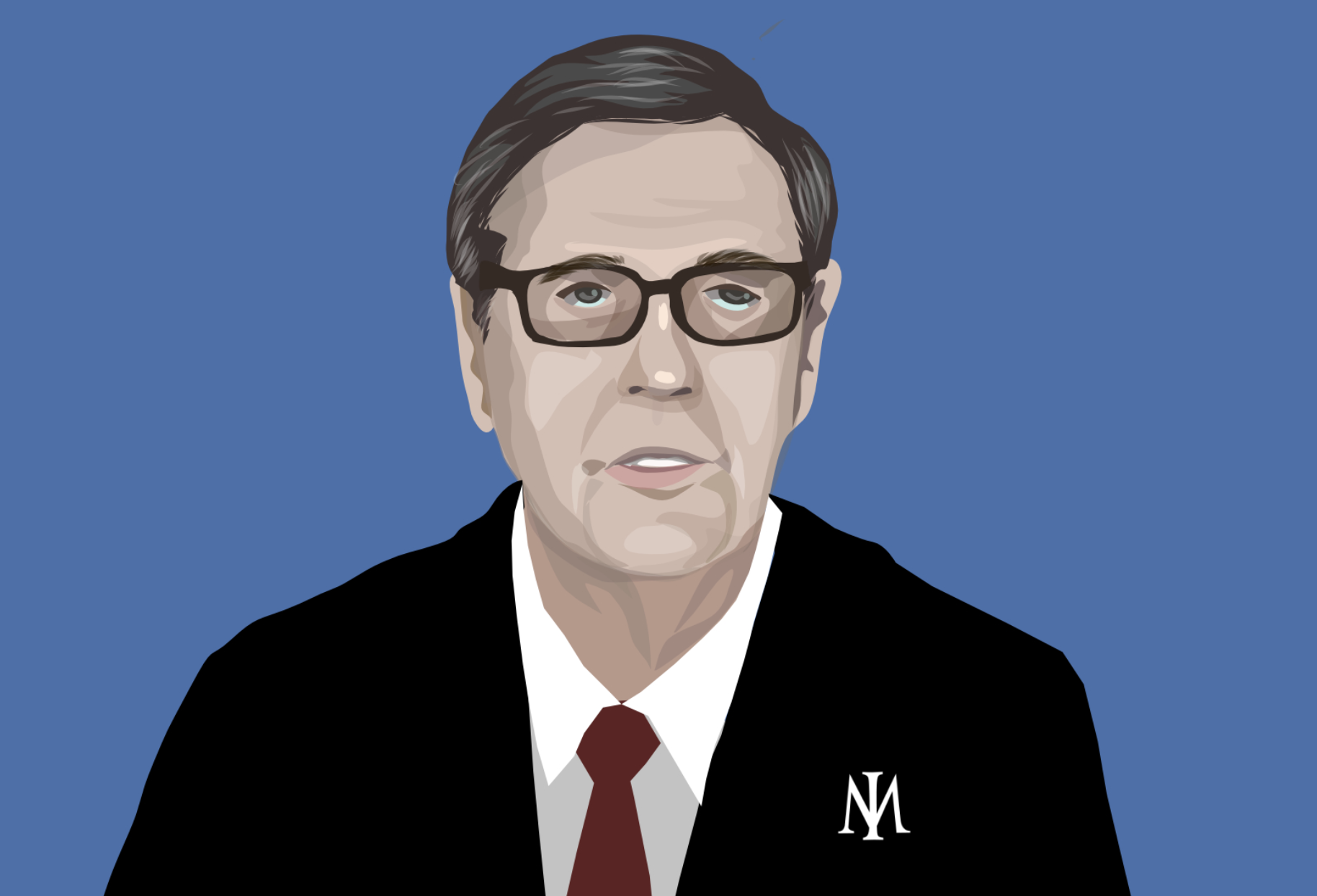

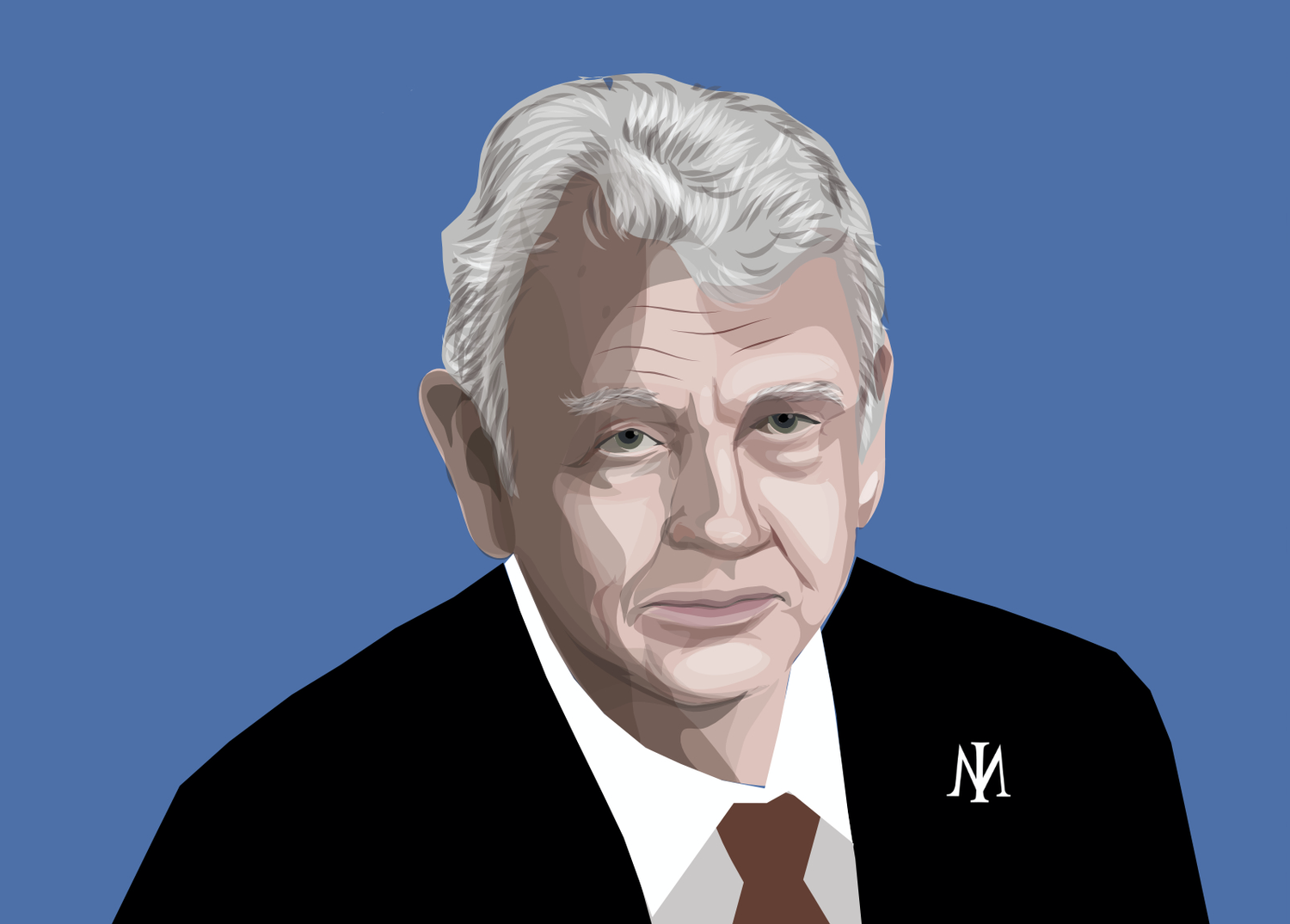


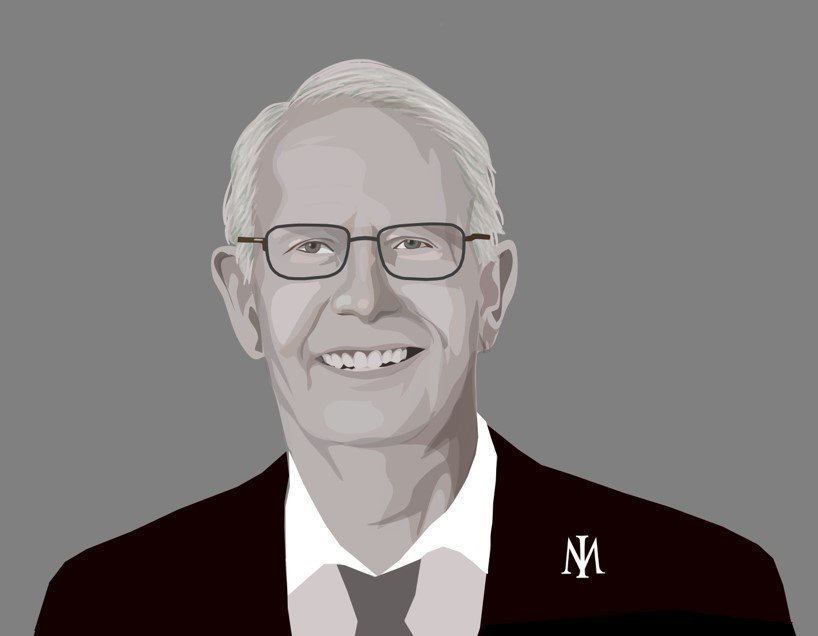




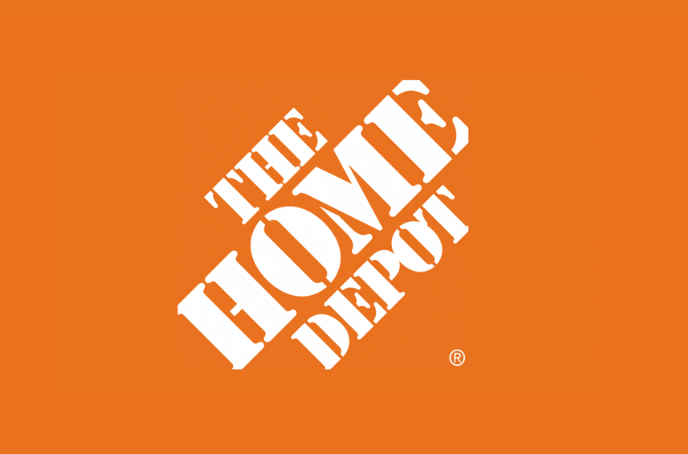



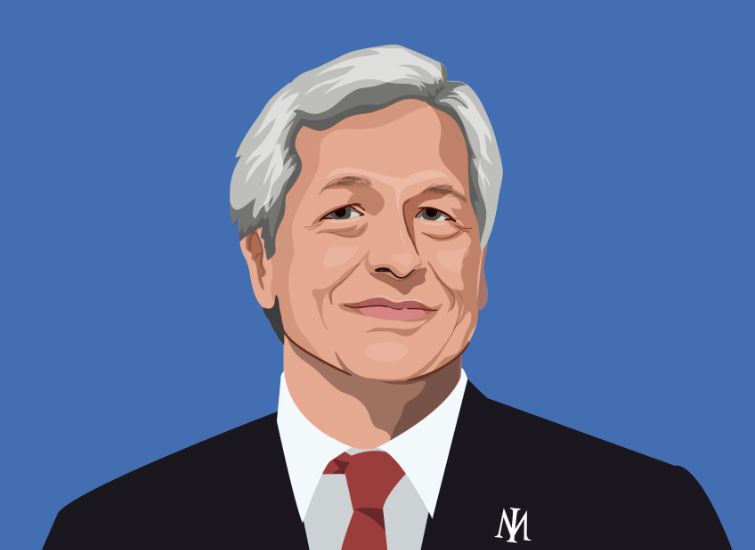
![Source: Jamie Dimon Annual Letter [JP Morgan]](https://images.squarespace-cdn.com/content/v1/568cf1da4bf1182258ed49cc/1523261203539-JFQPTS9EZJ9FKF55843C/jpmvsS%26P.JPG)
![Source: Jamie Dimon Annual Letter [JP Morgan]](https://images.squarespace-cdn.com/content/v1/568cf1da4bf1182258ed49cc/1523261656438-KBO1HK96O6OA9YNX9GSW/tangiblebook.JPG)
![Source: Jamie Dimon Annual Letter [JP Morgan]](https://images.squarespace-cdn.com/content/v1/568cf1da4bf1182258ed49cc/1523262739458-AGVI3XS8EP5OOVN8QID3/stockpricejpm.JPG)
